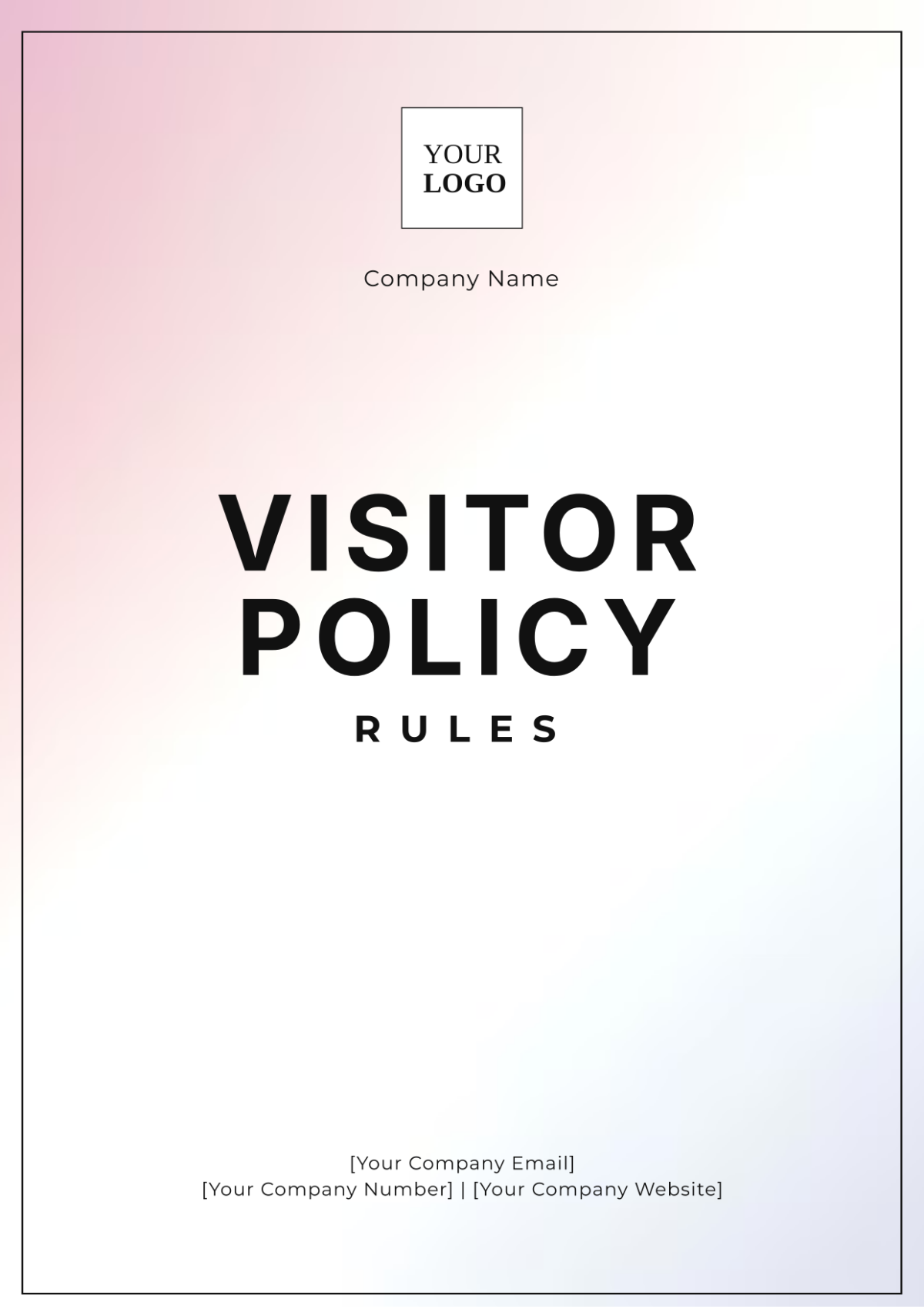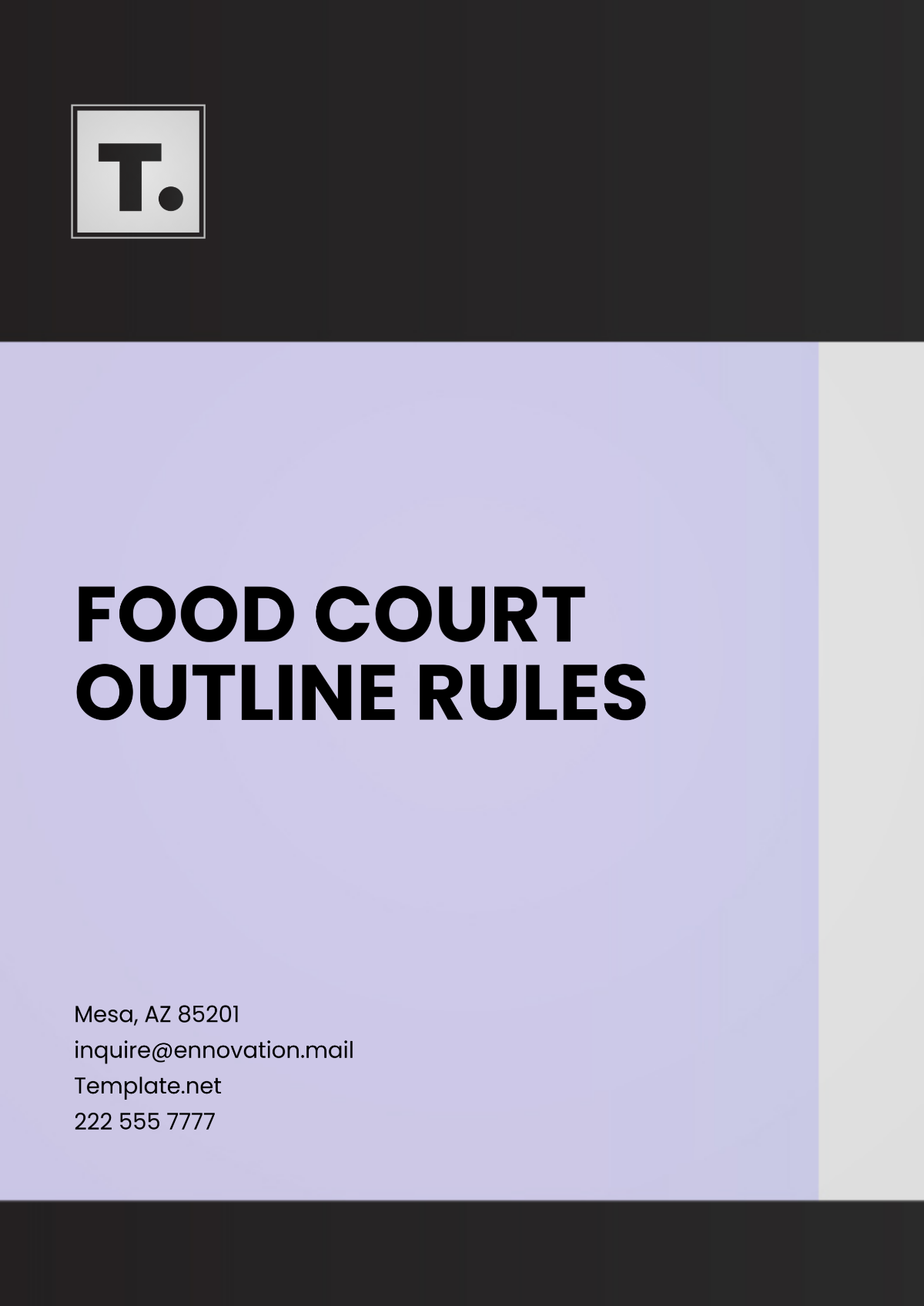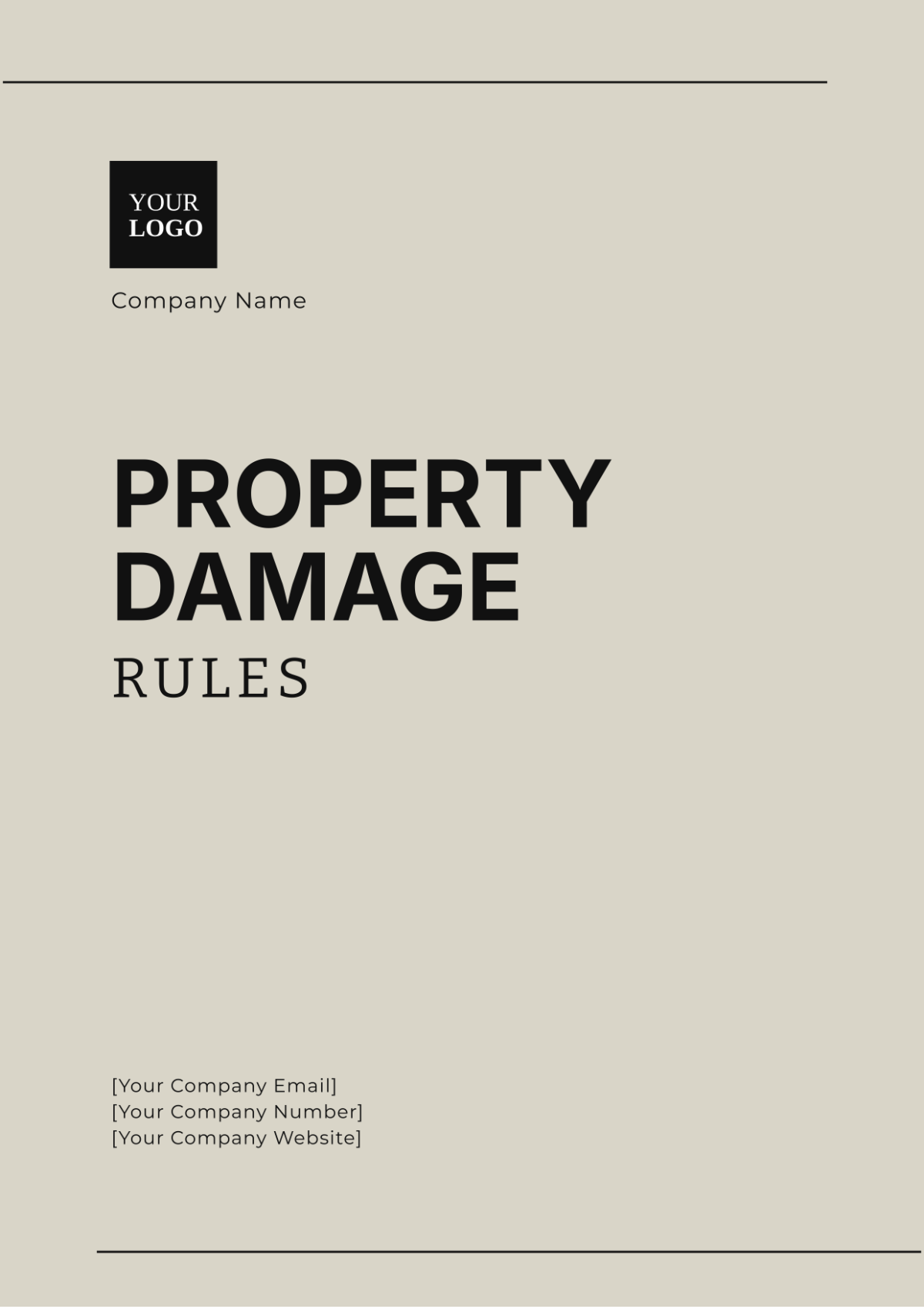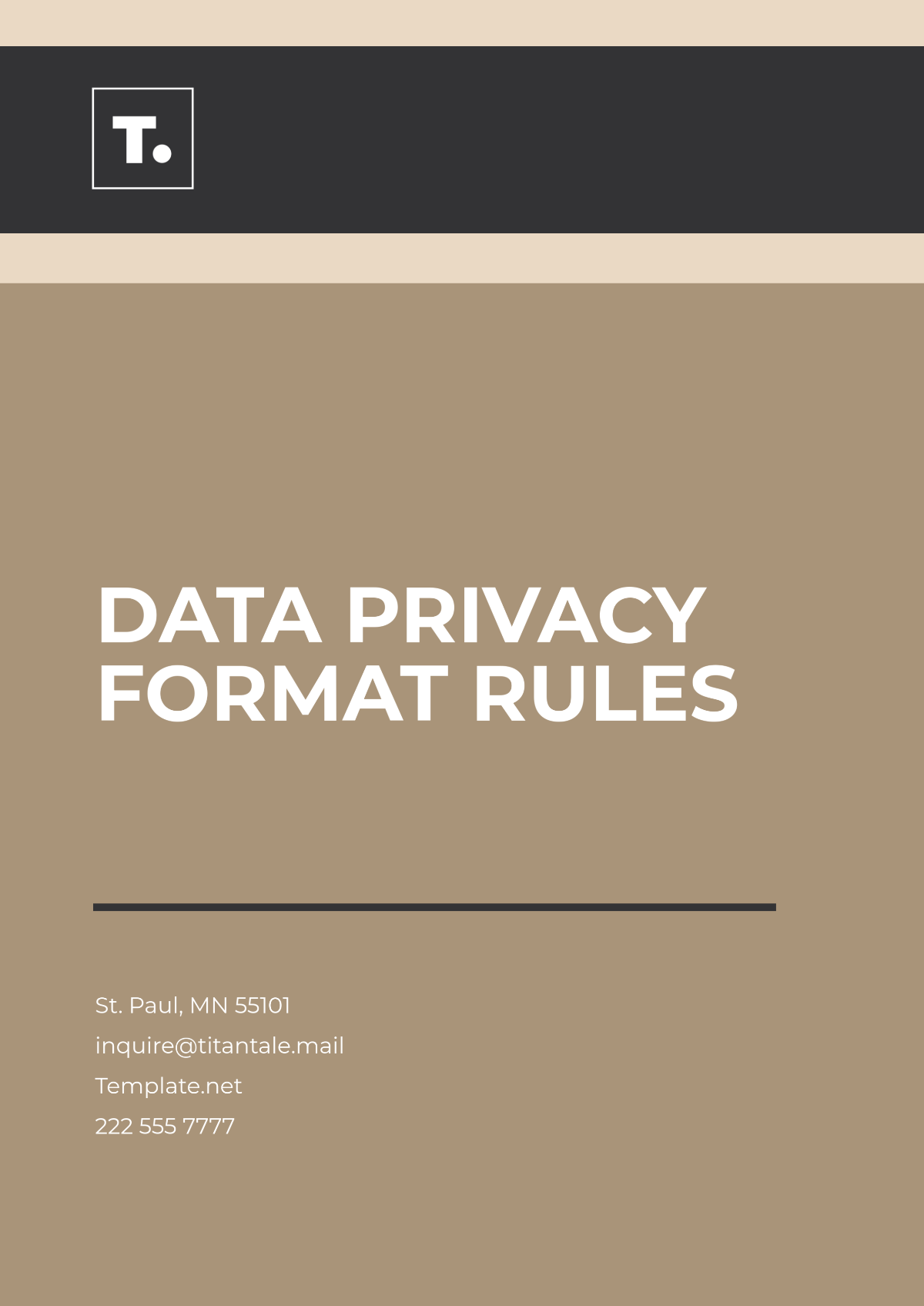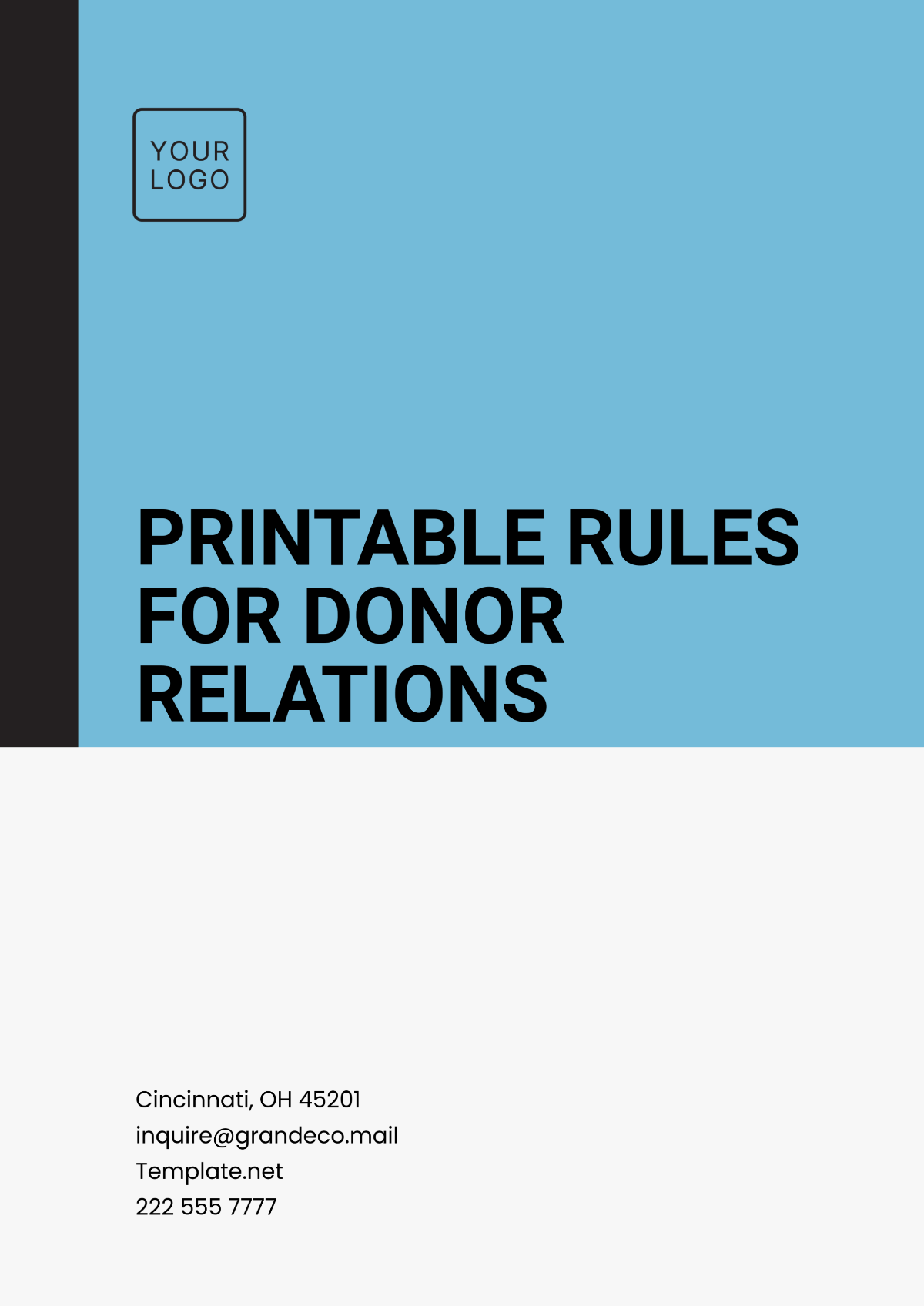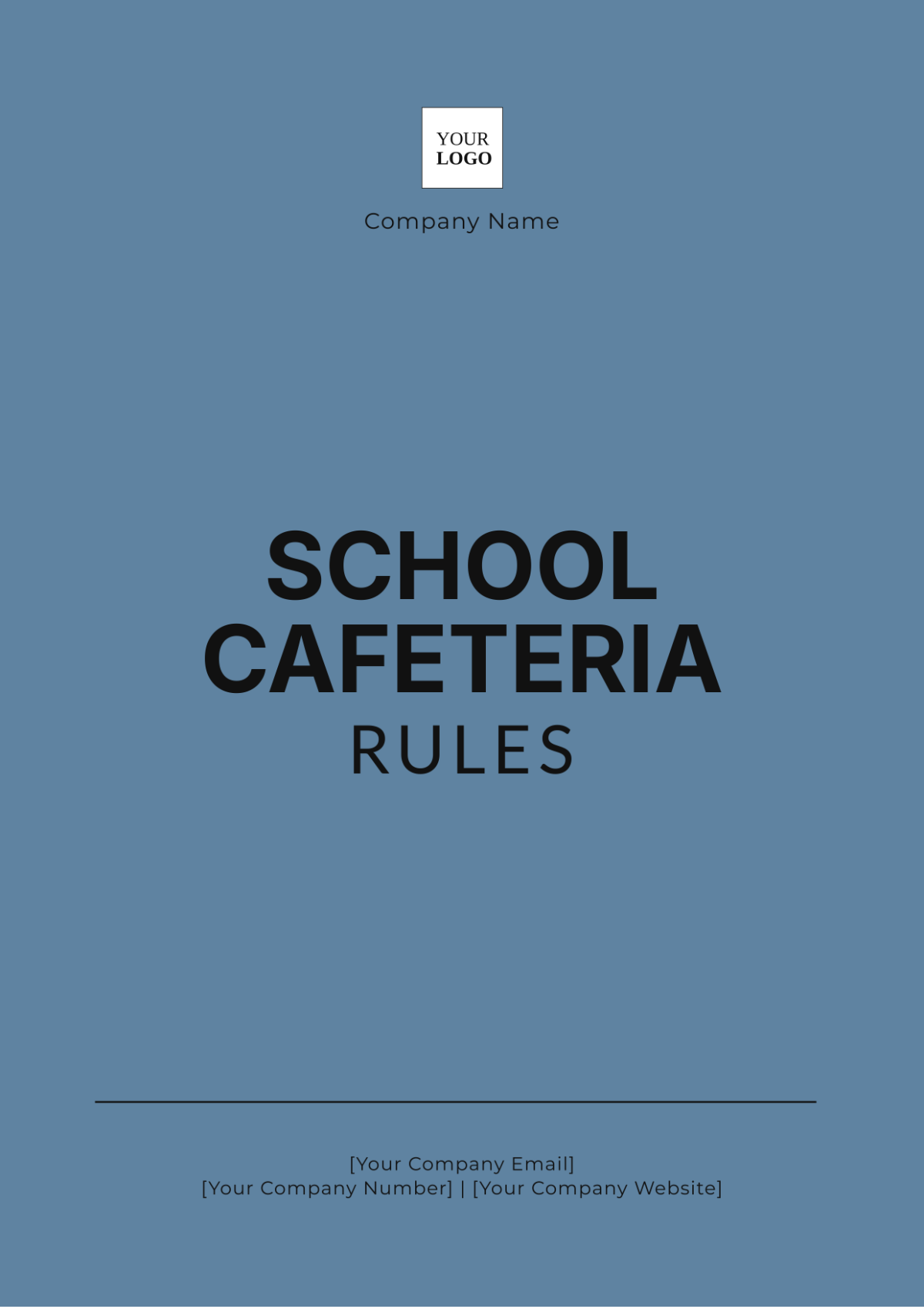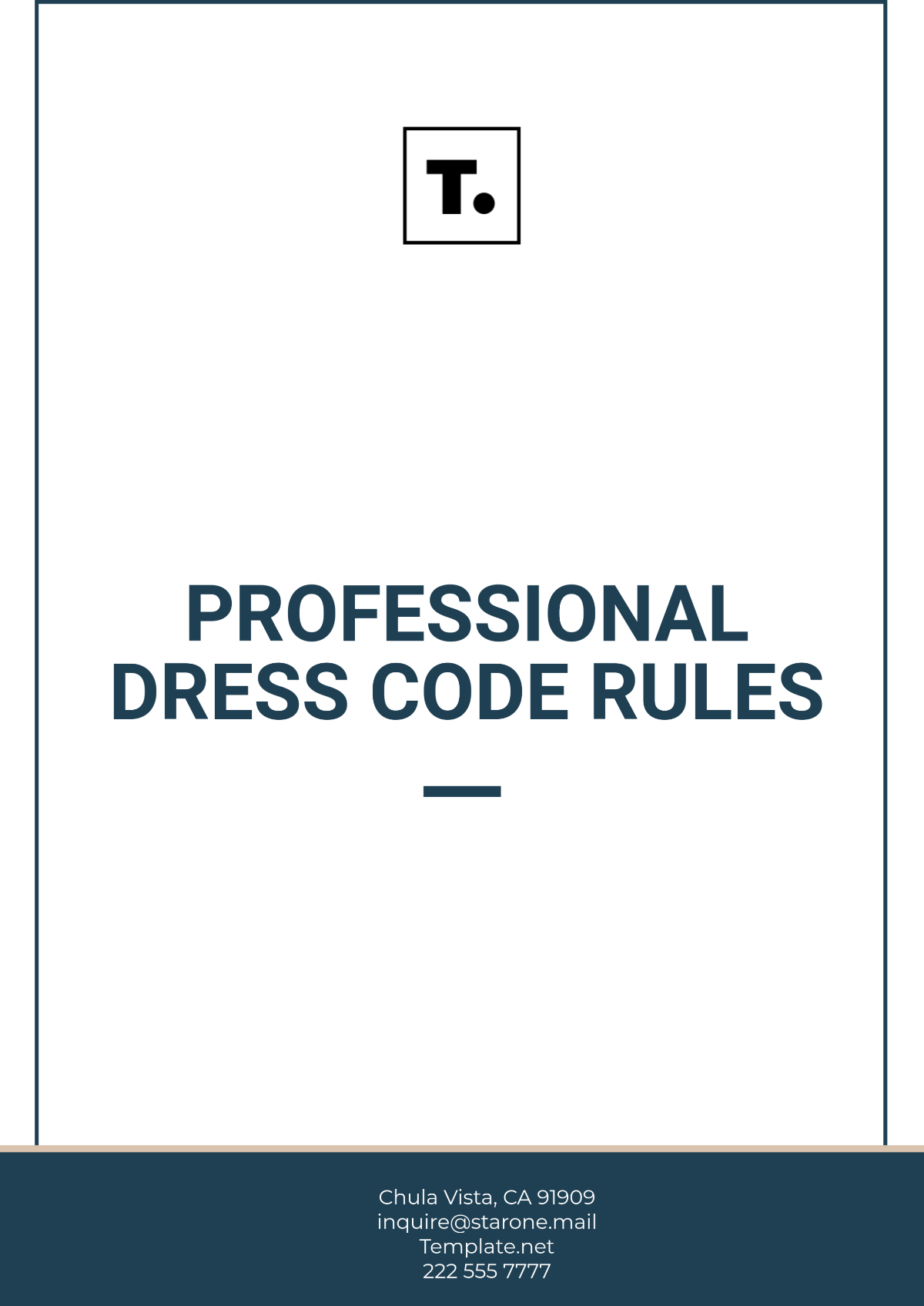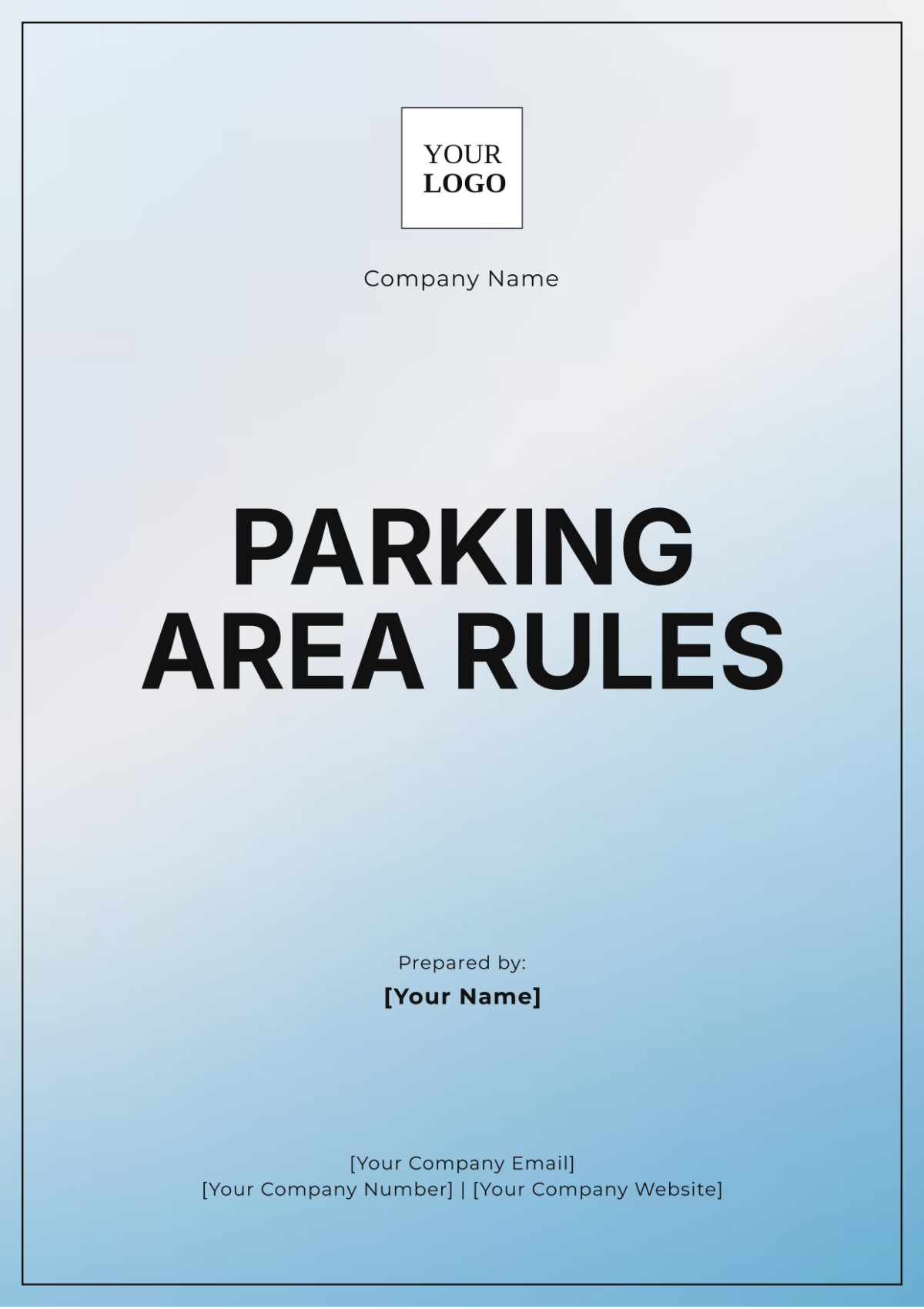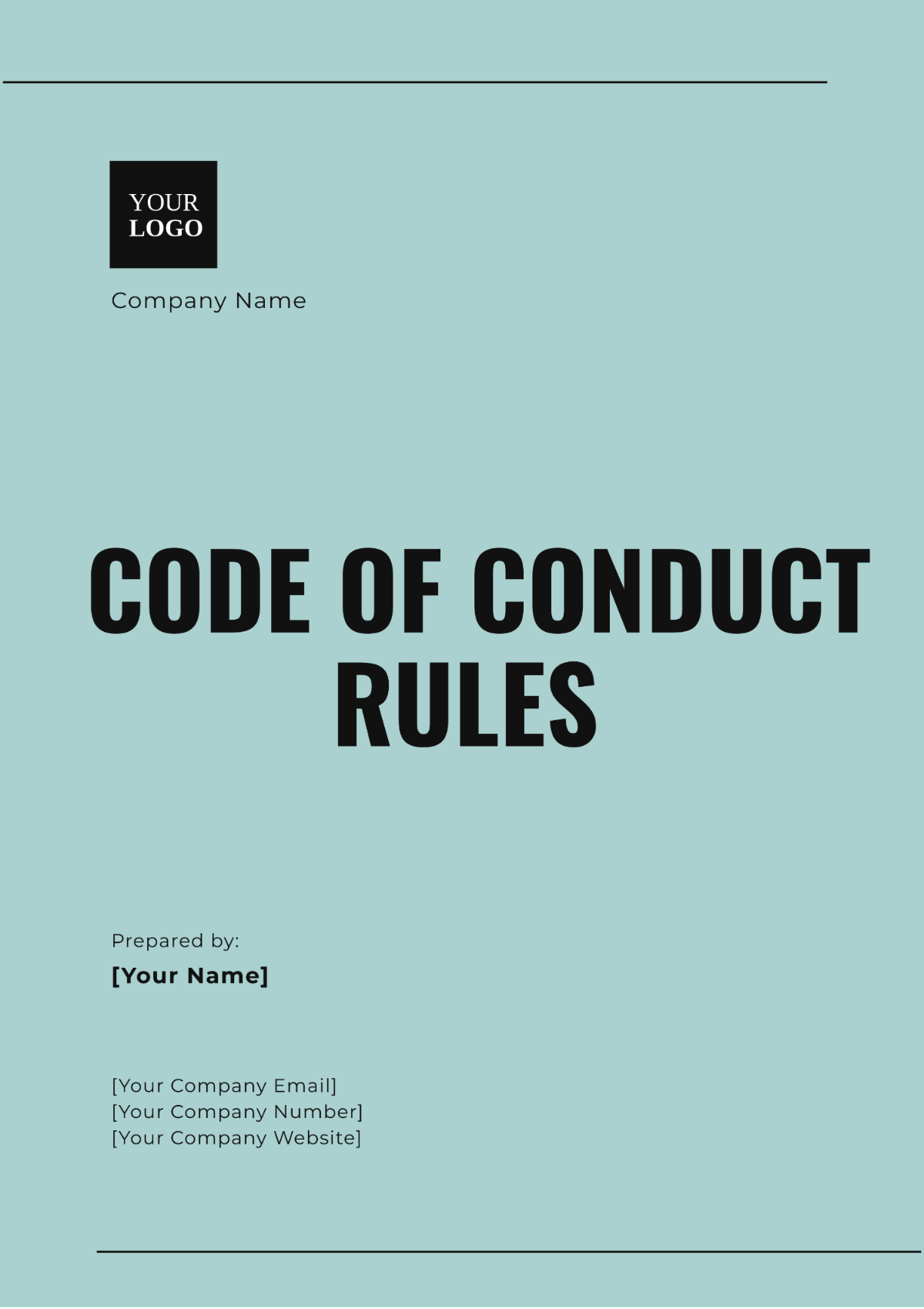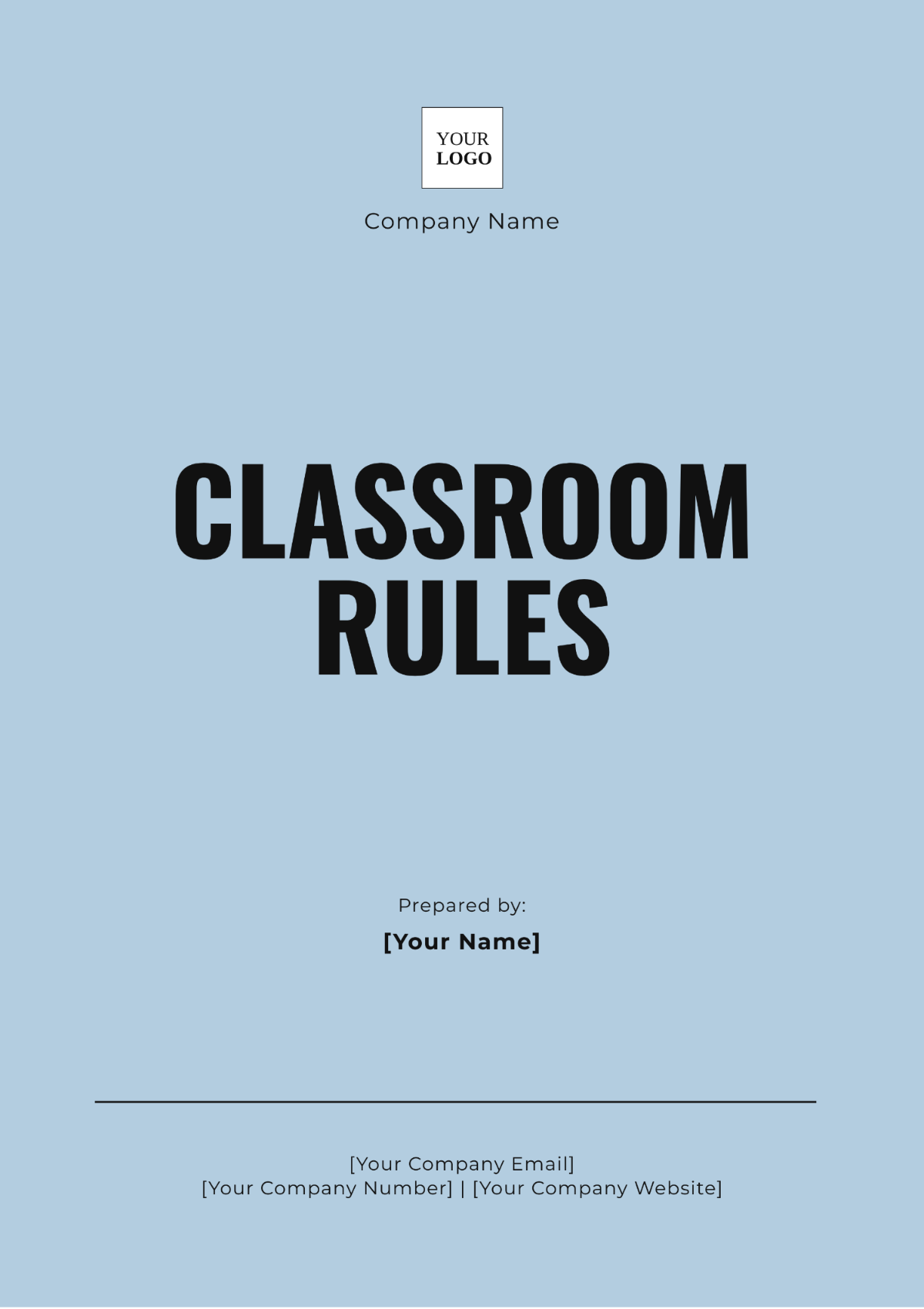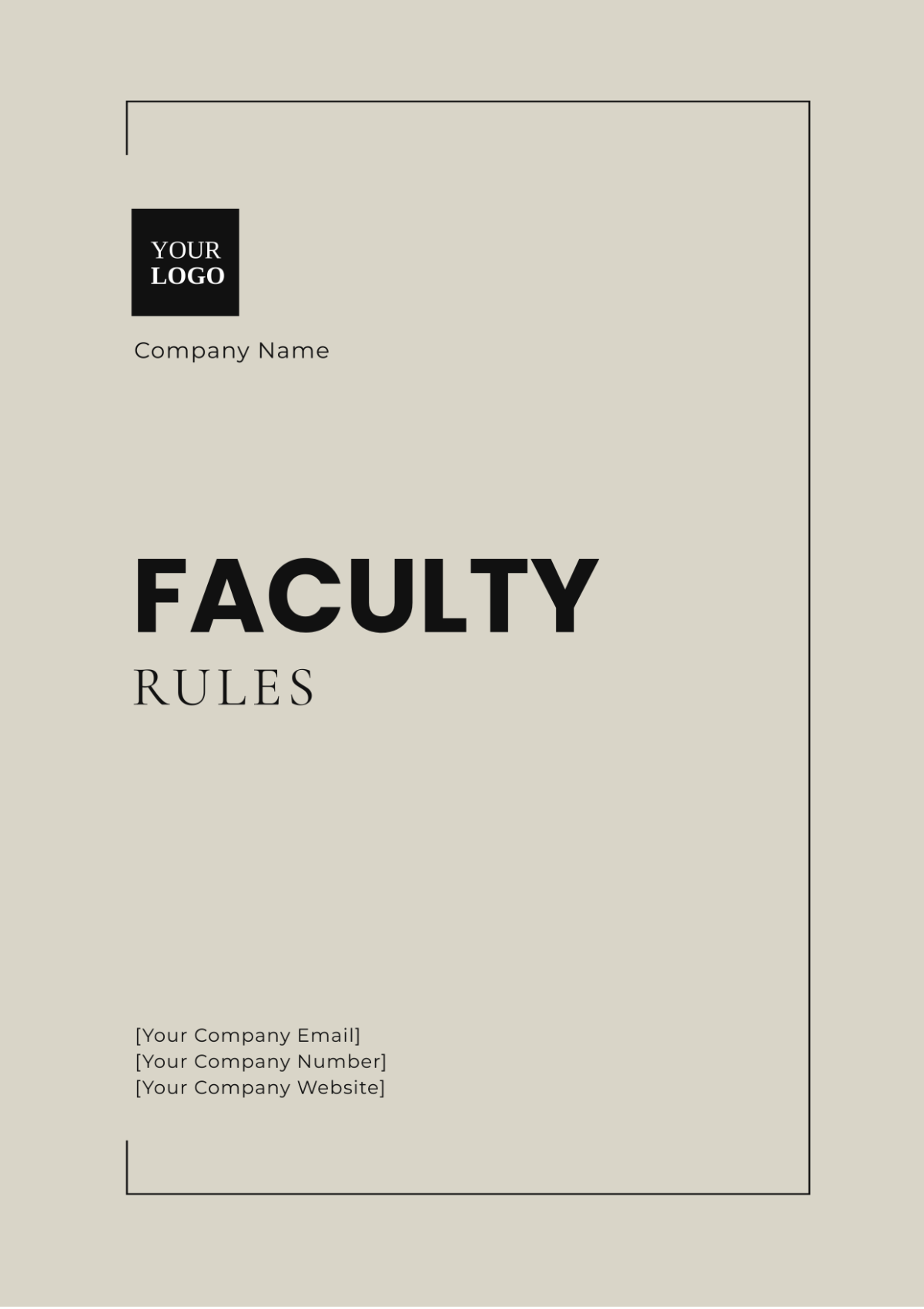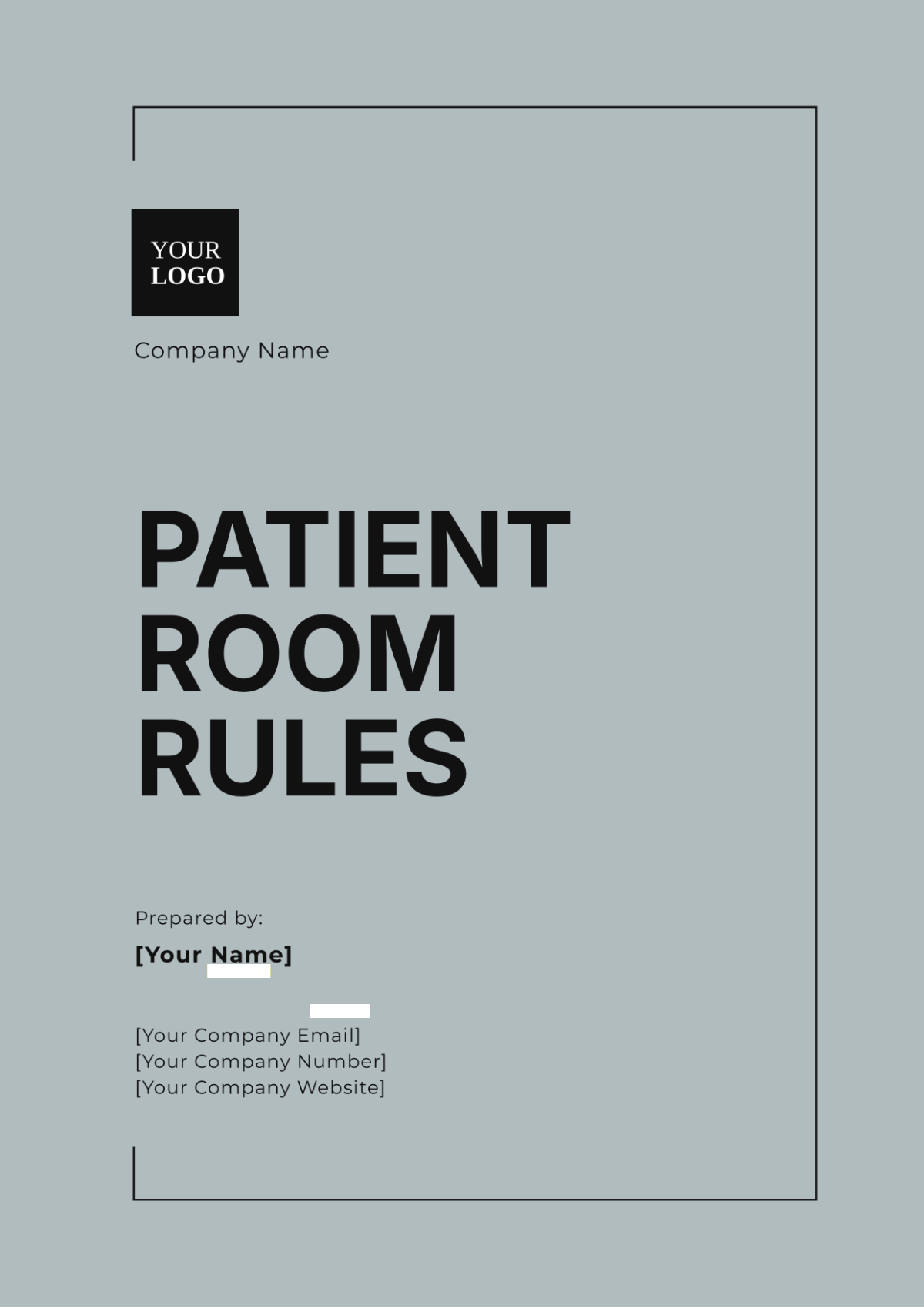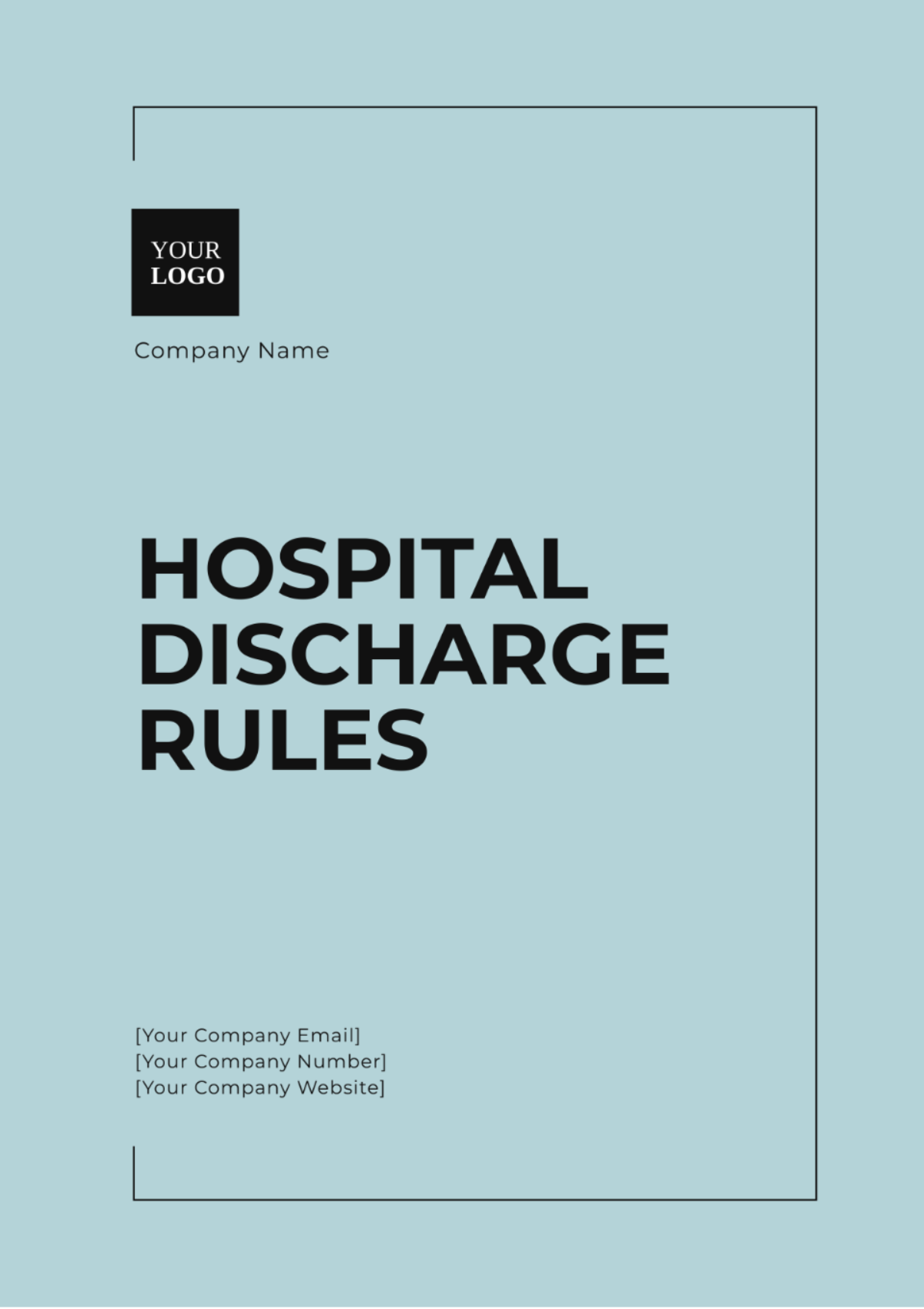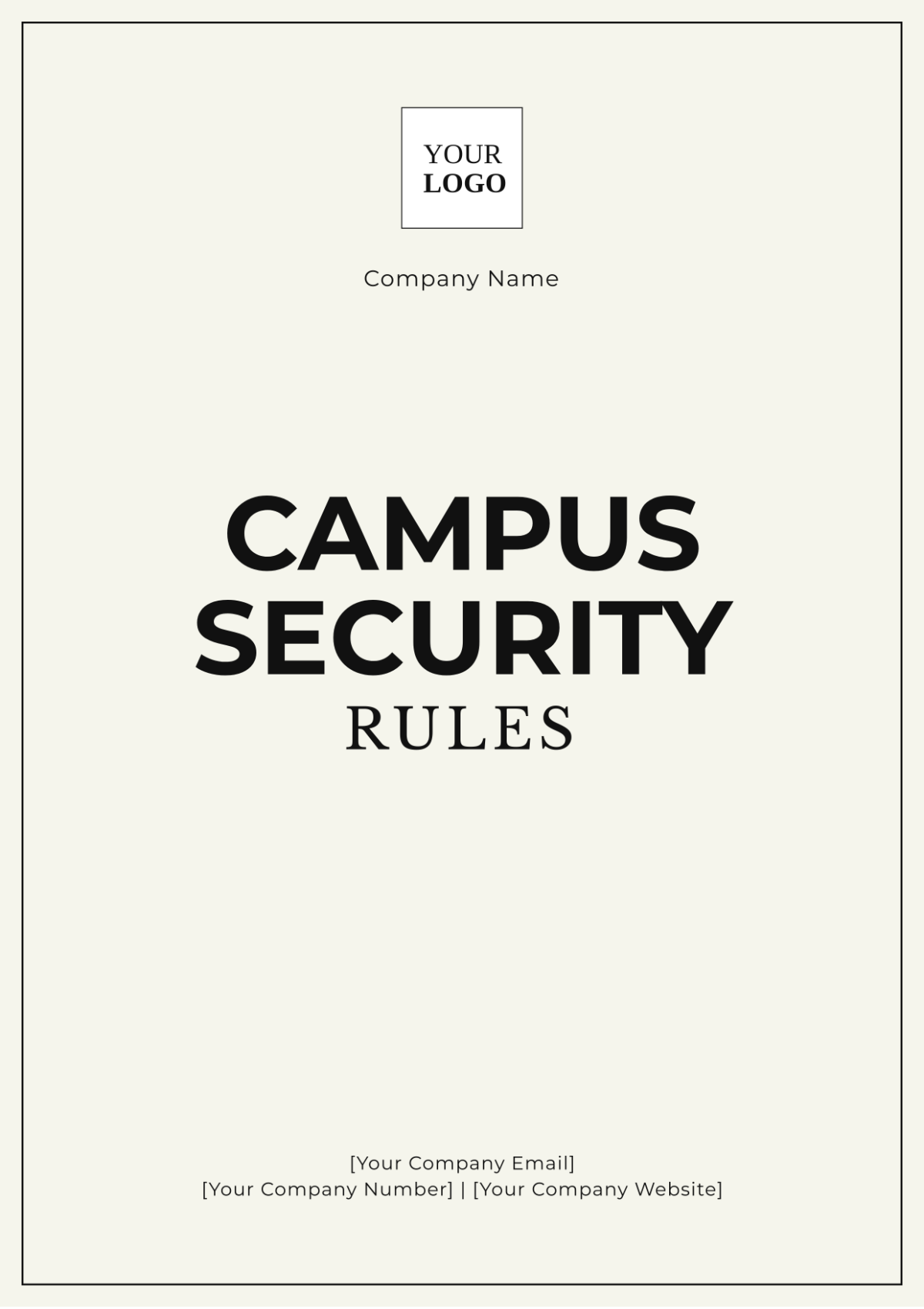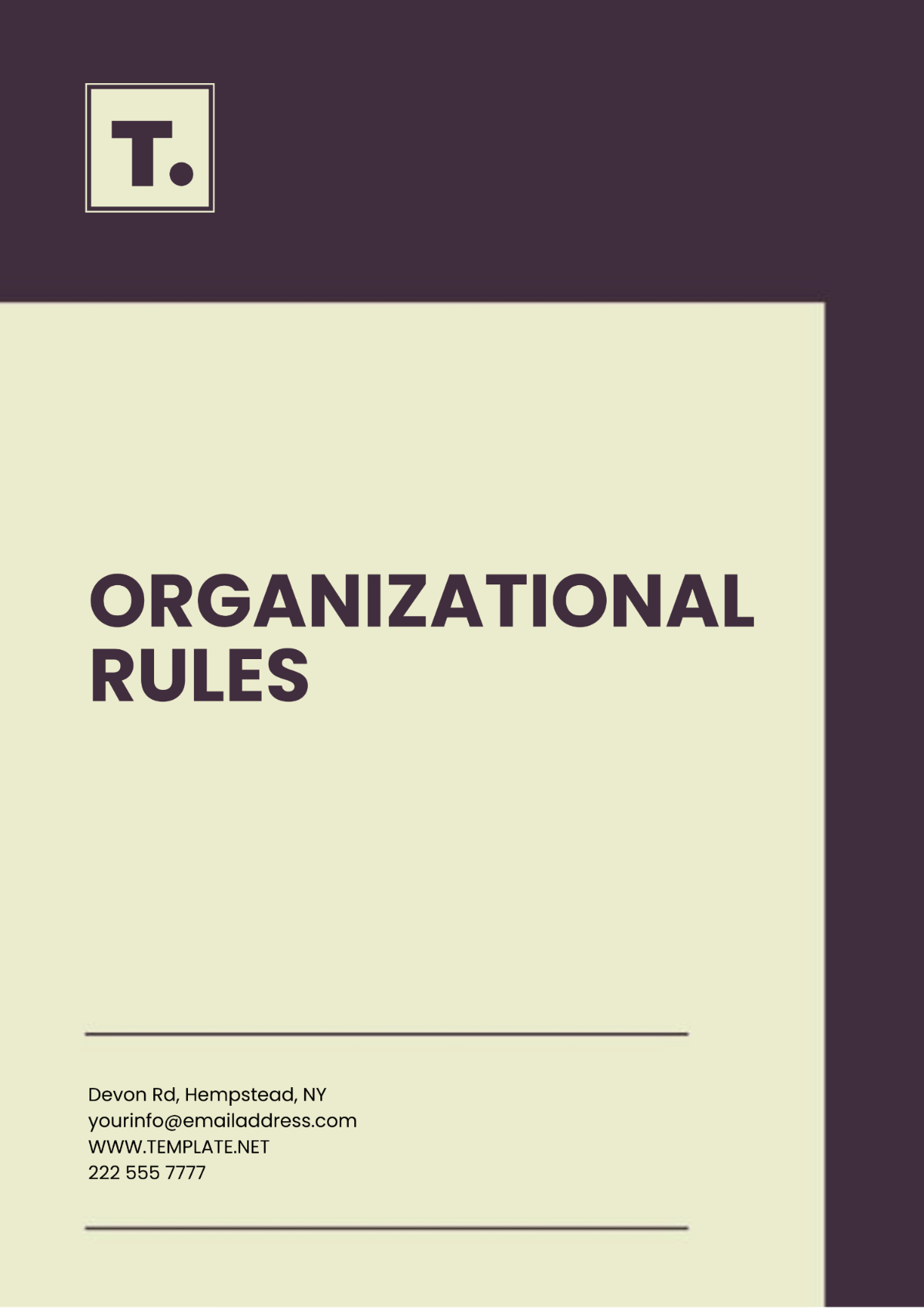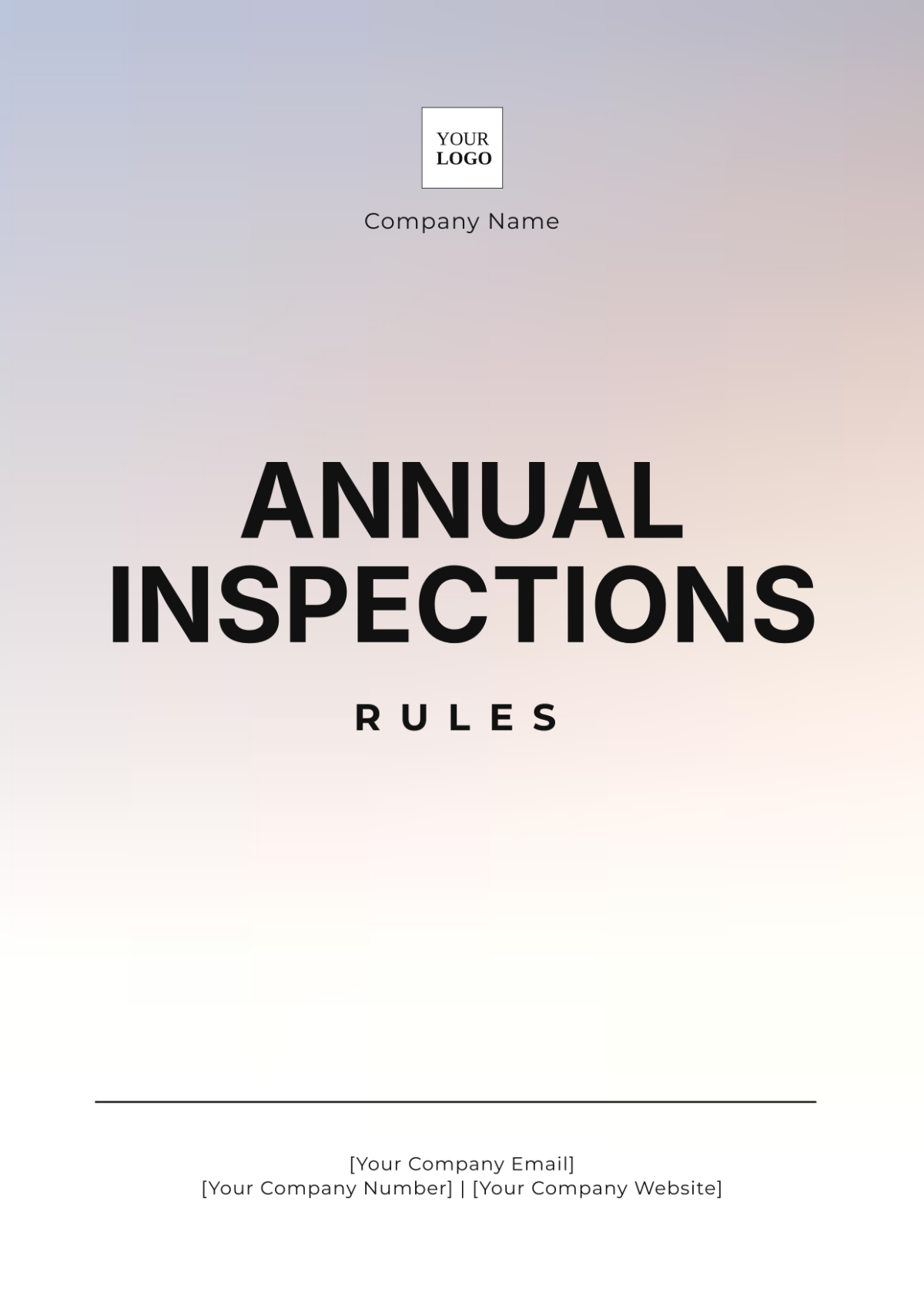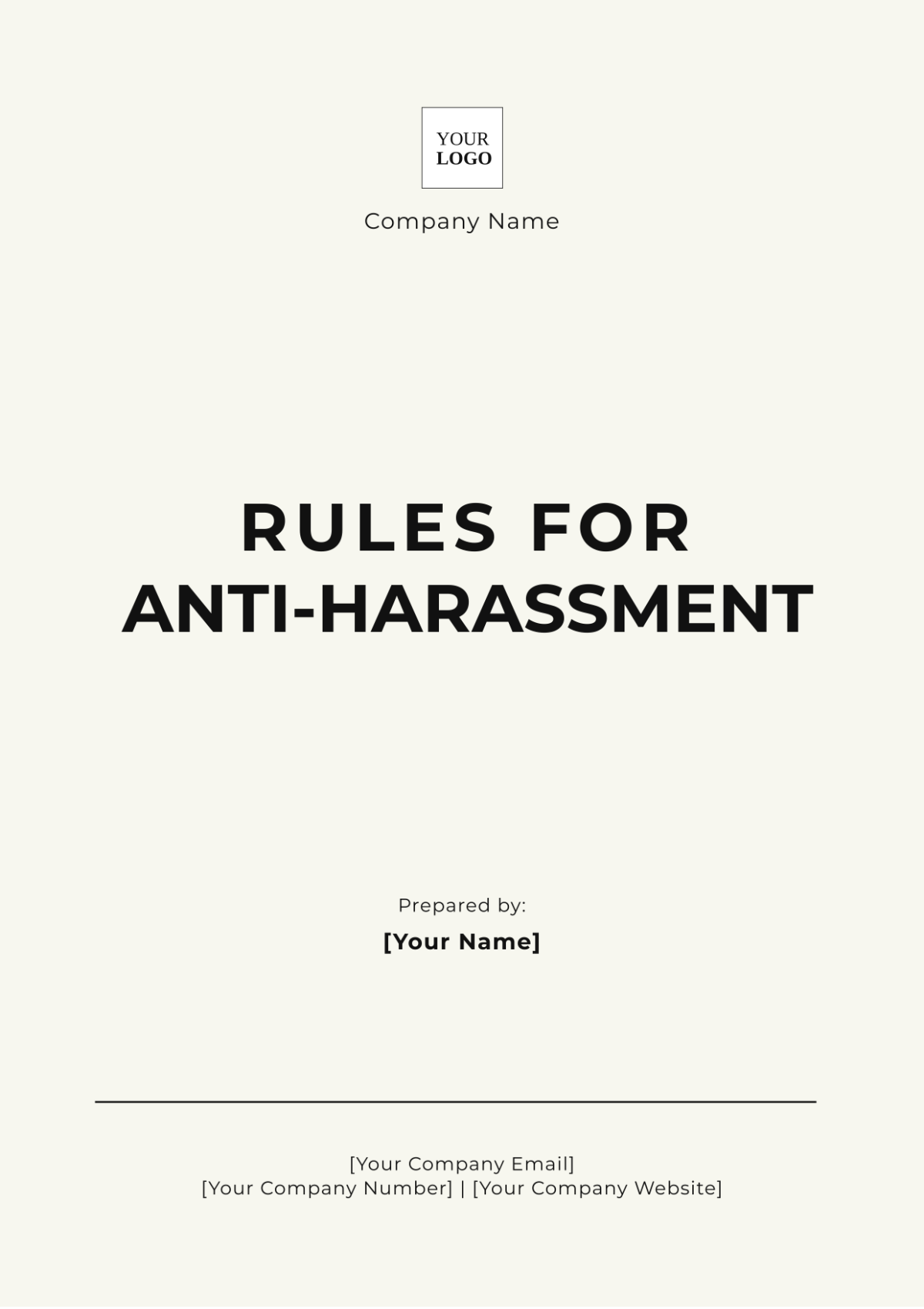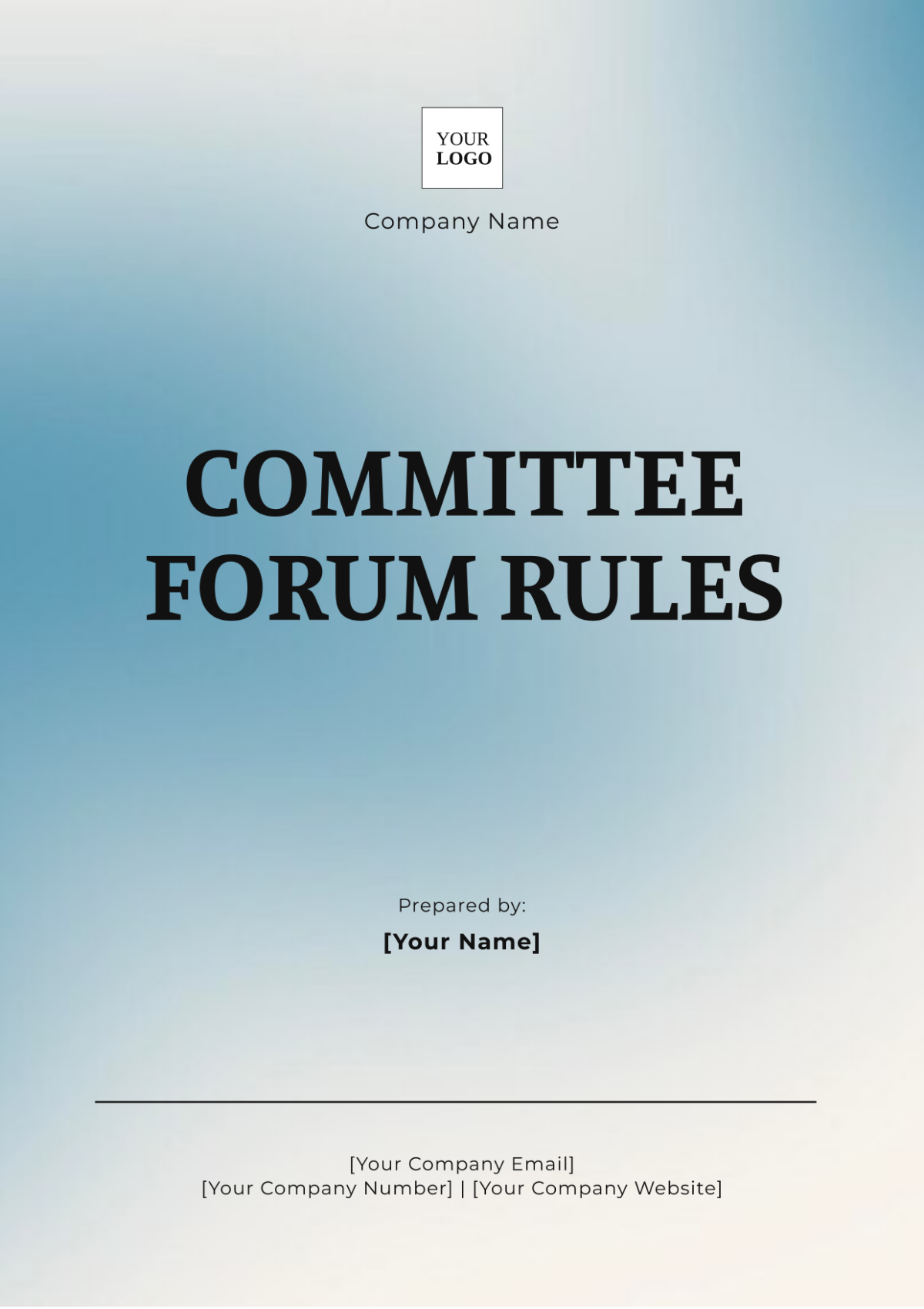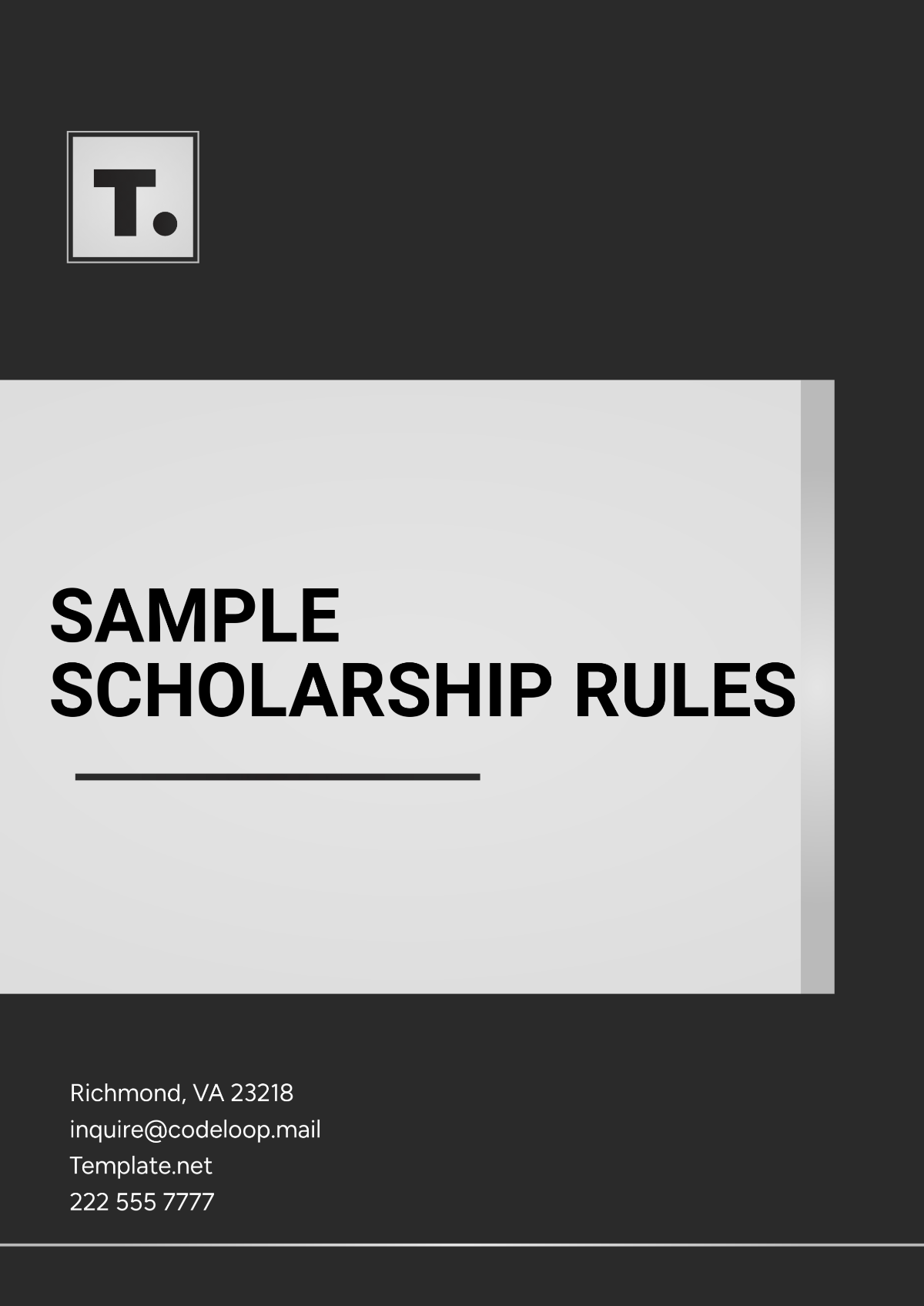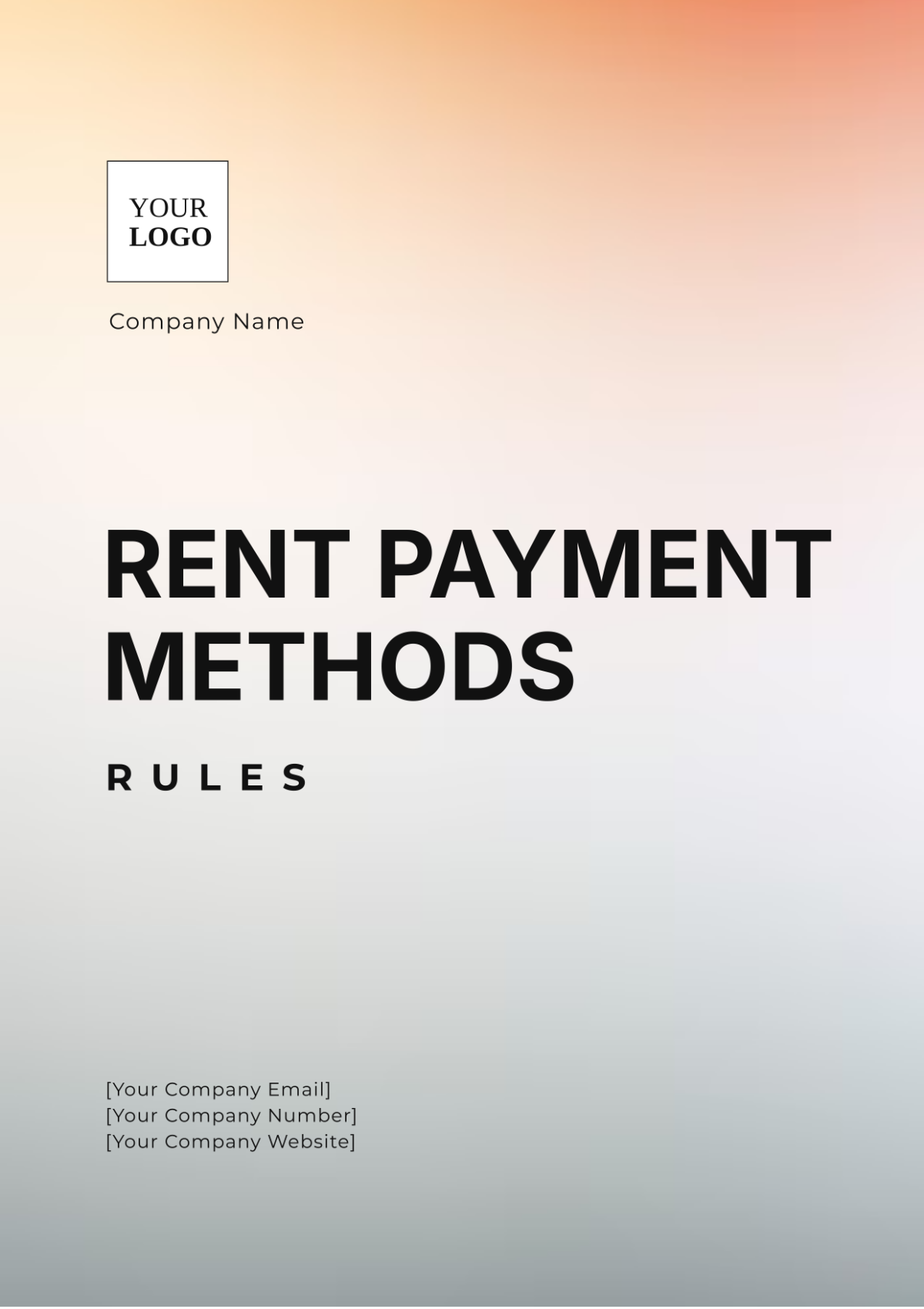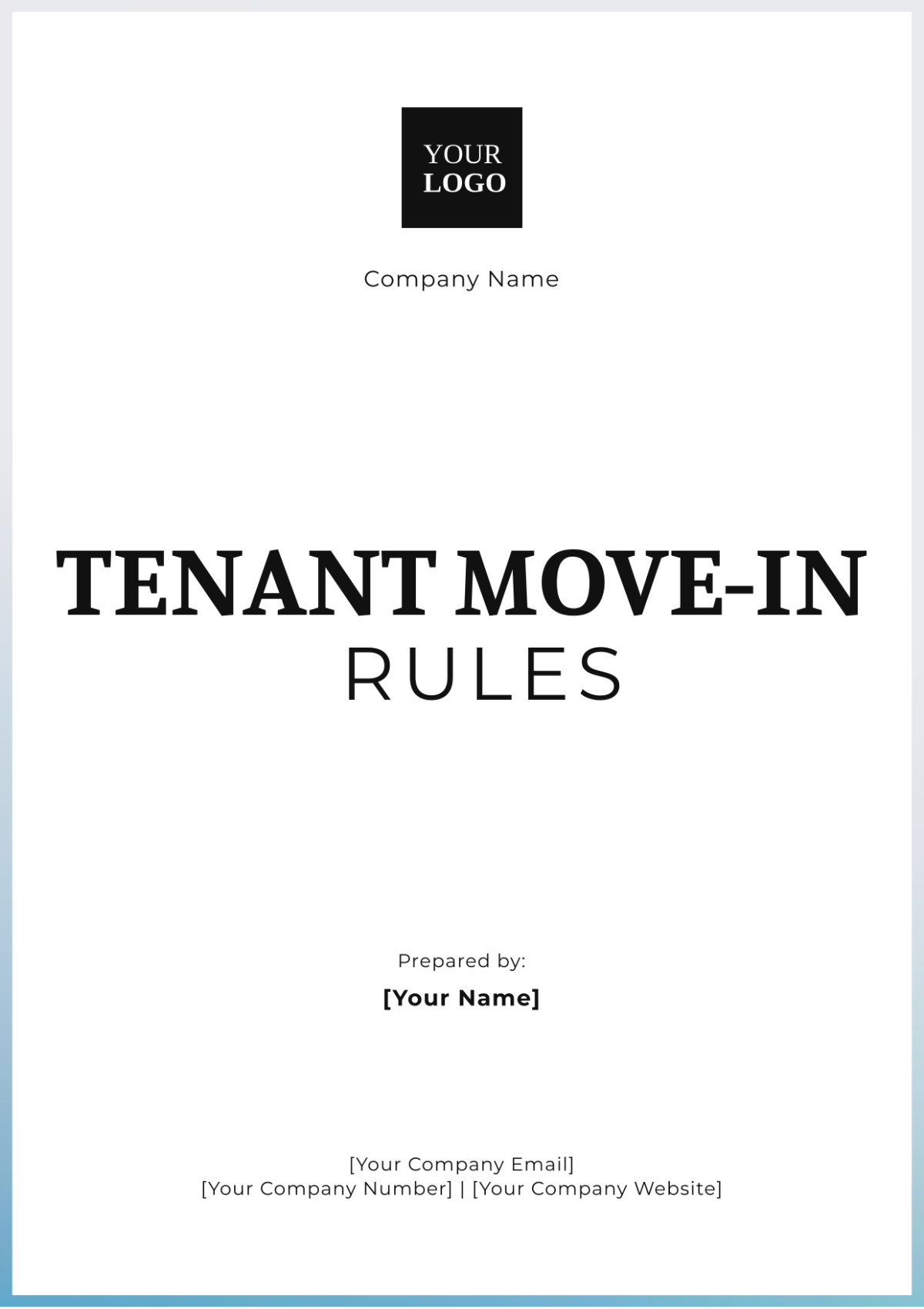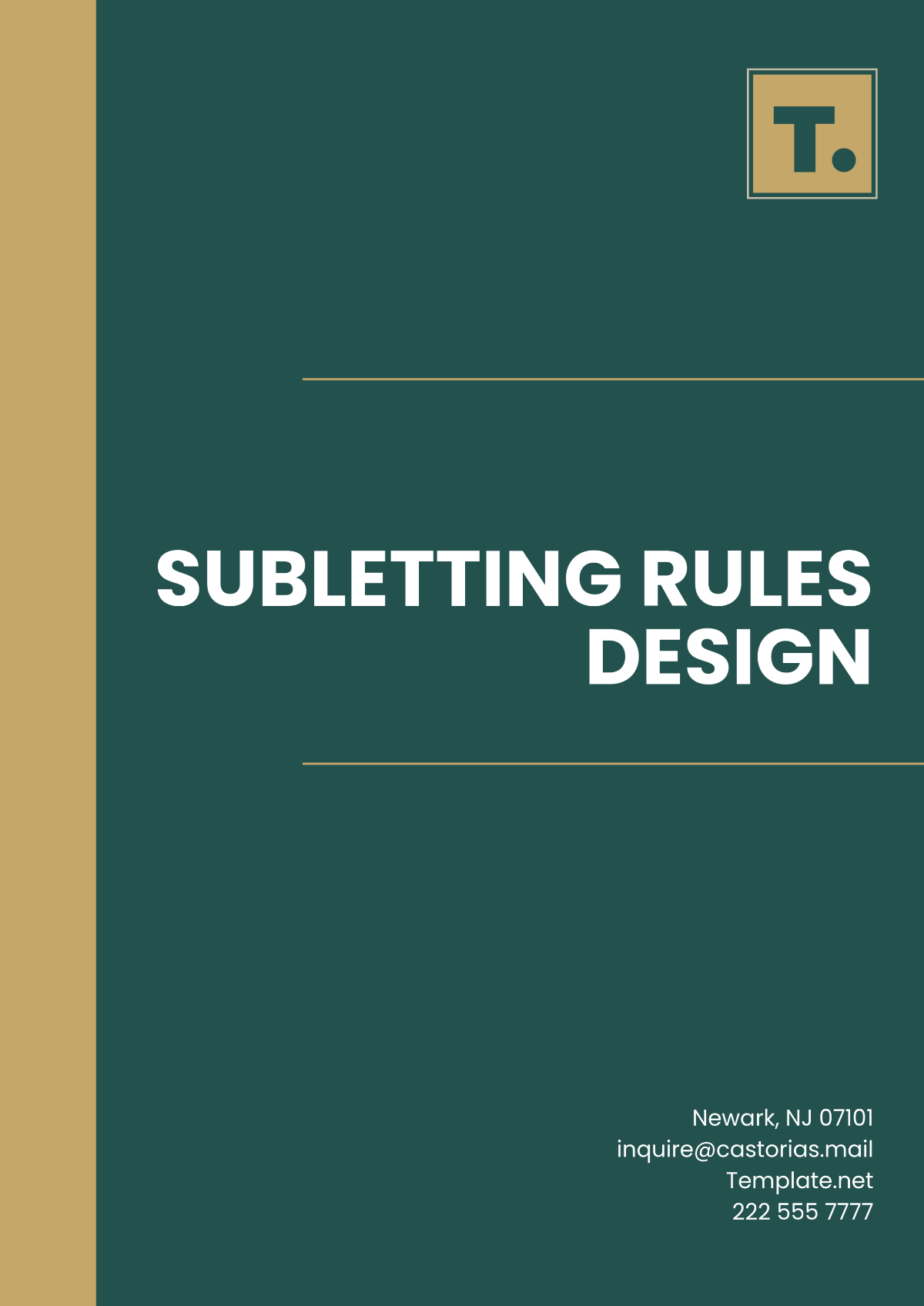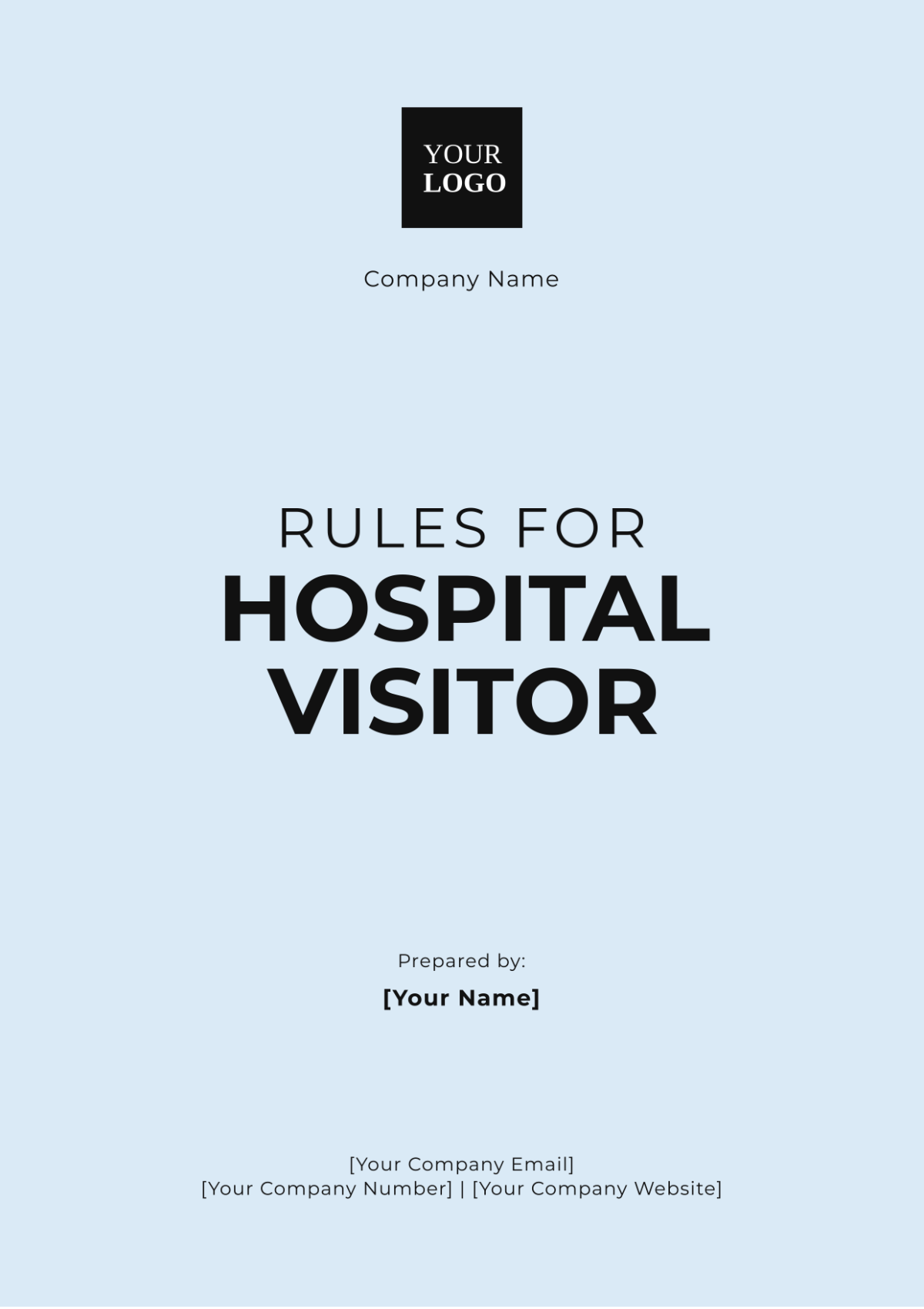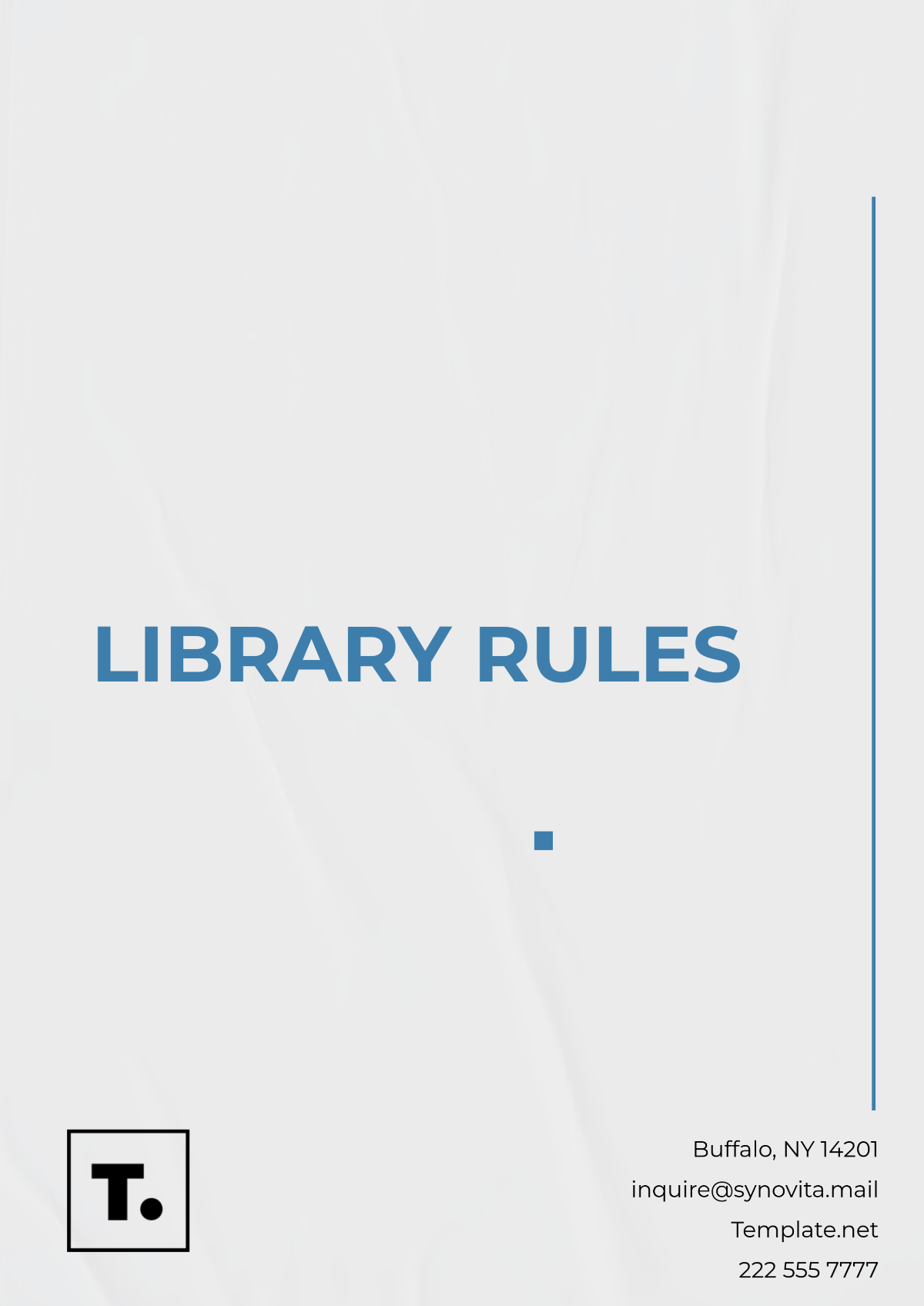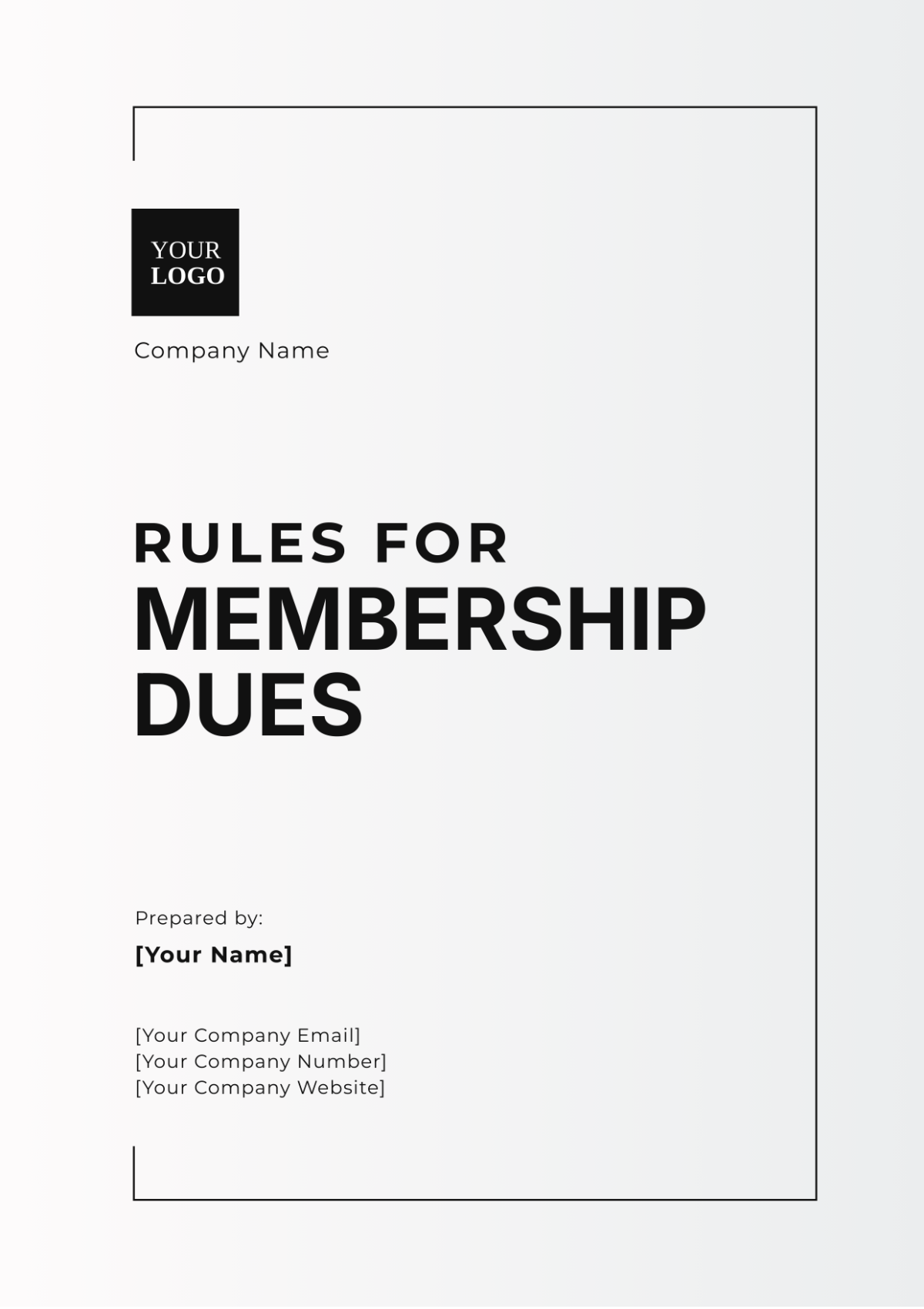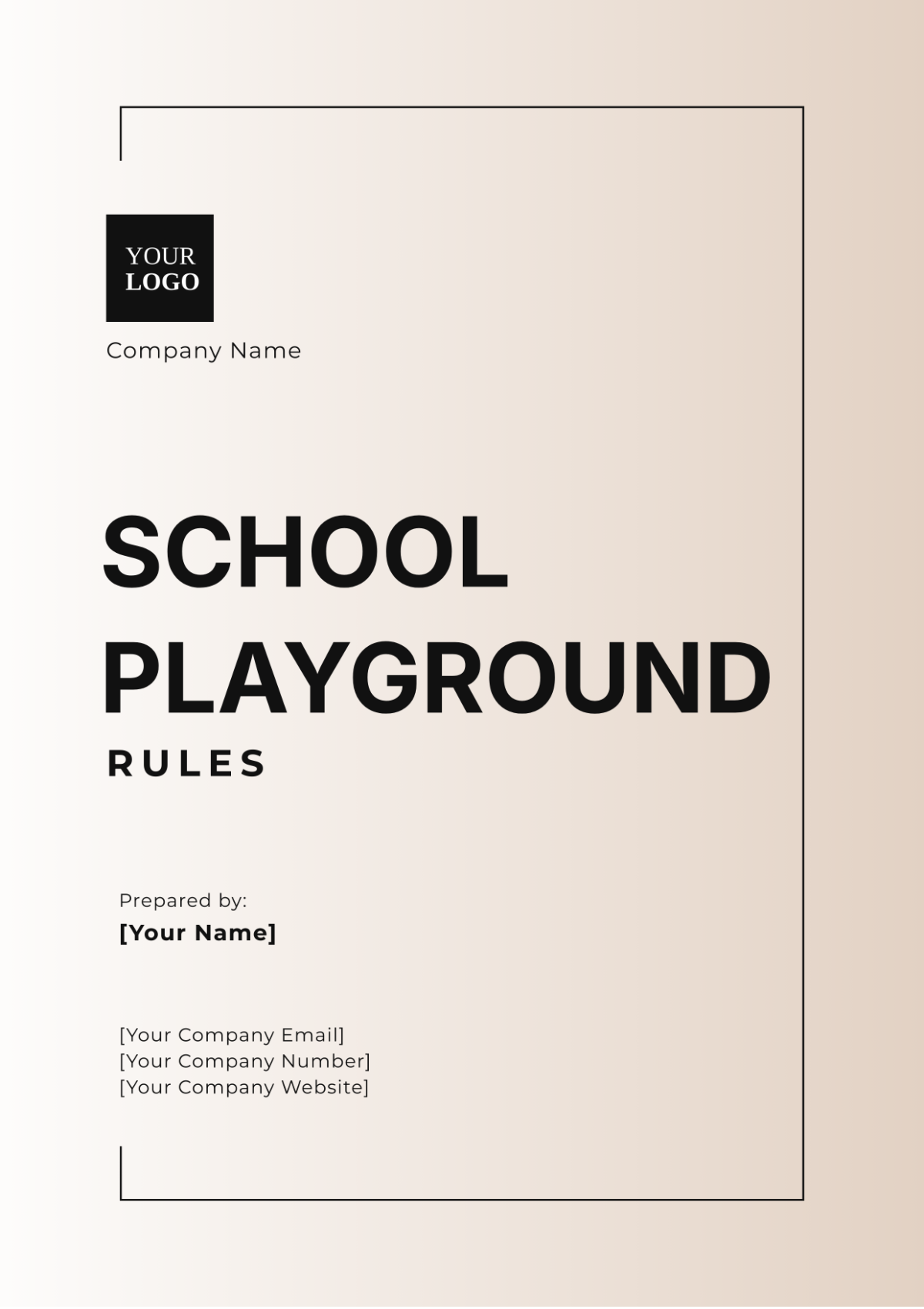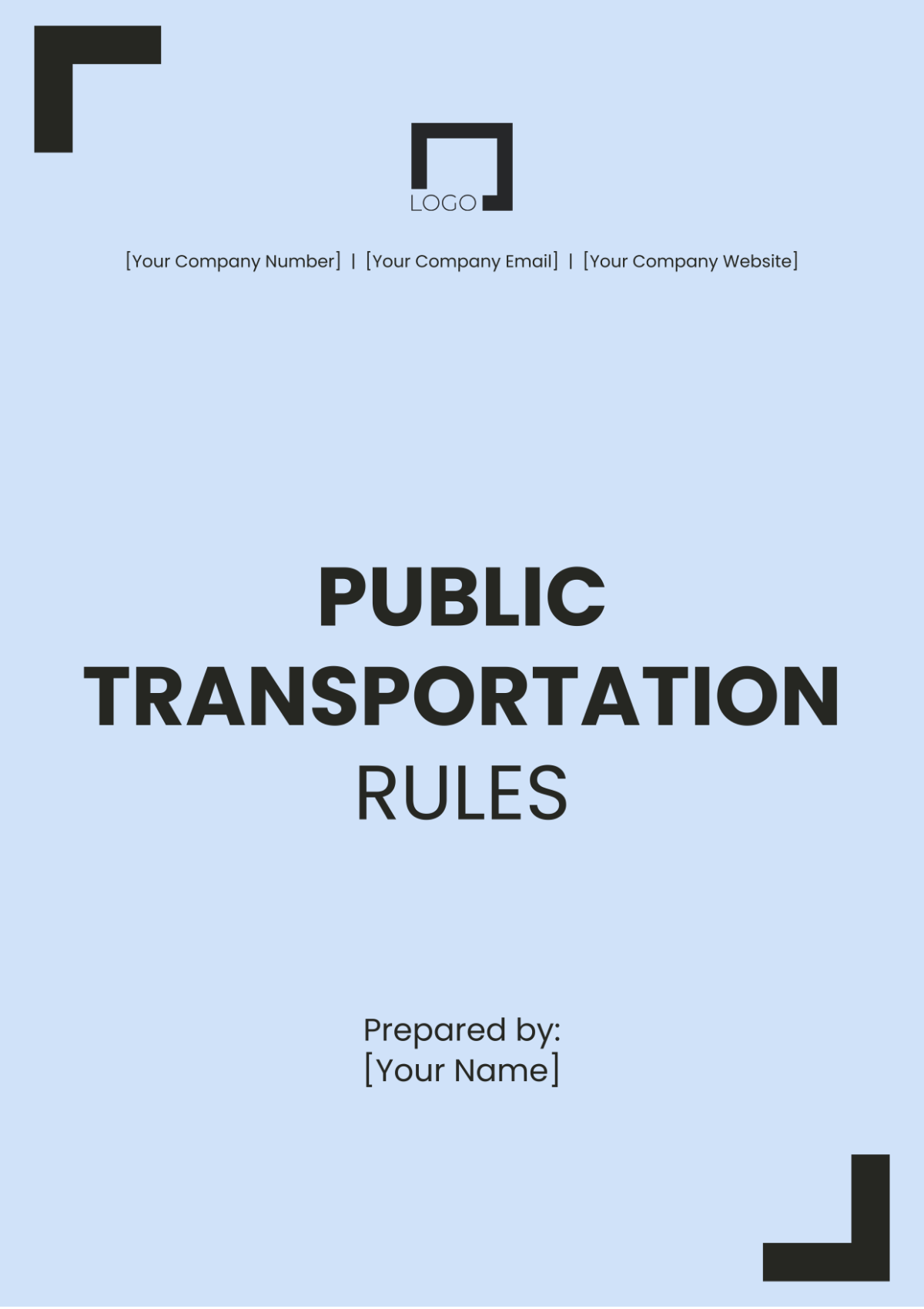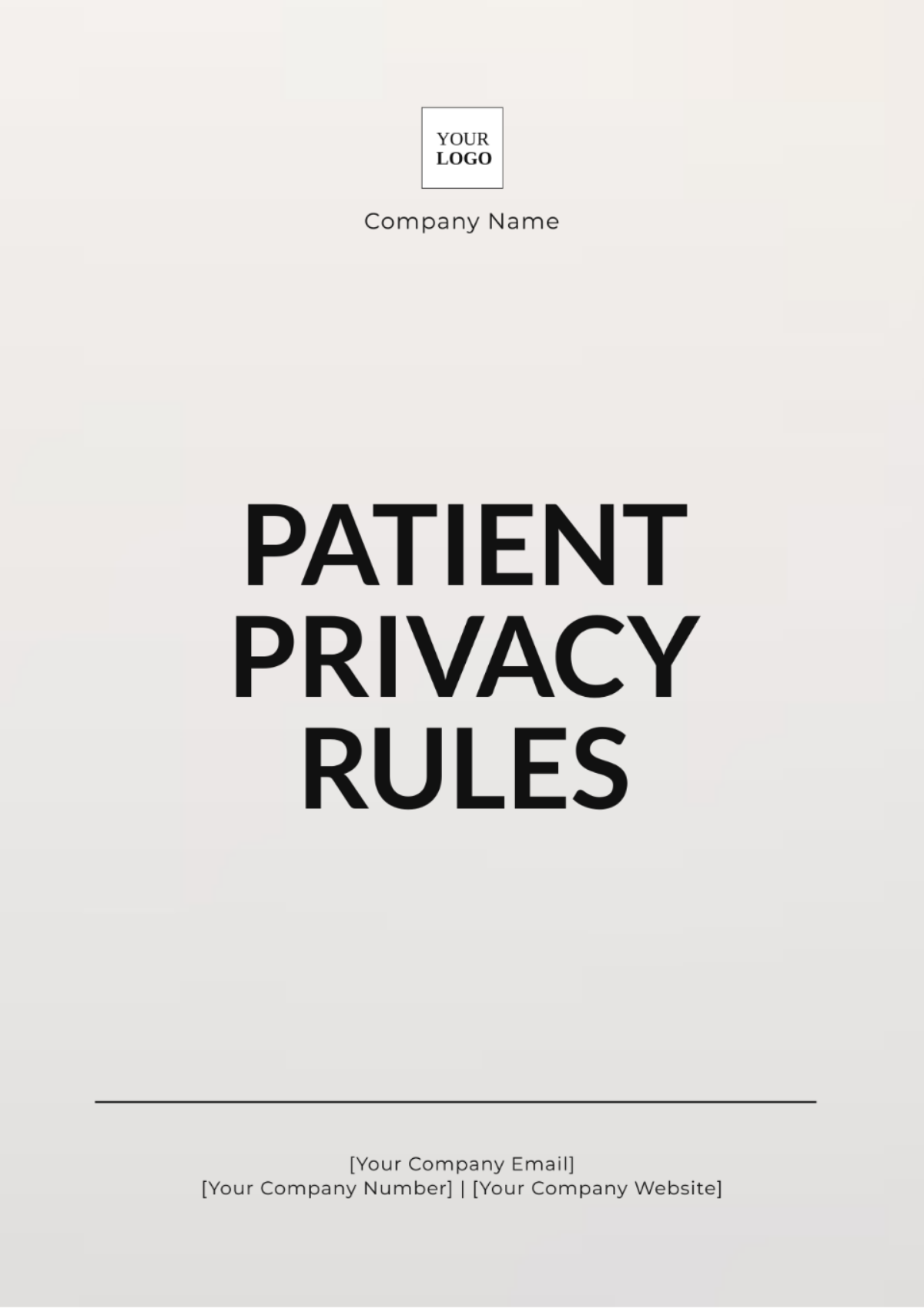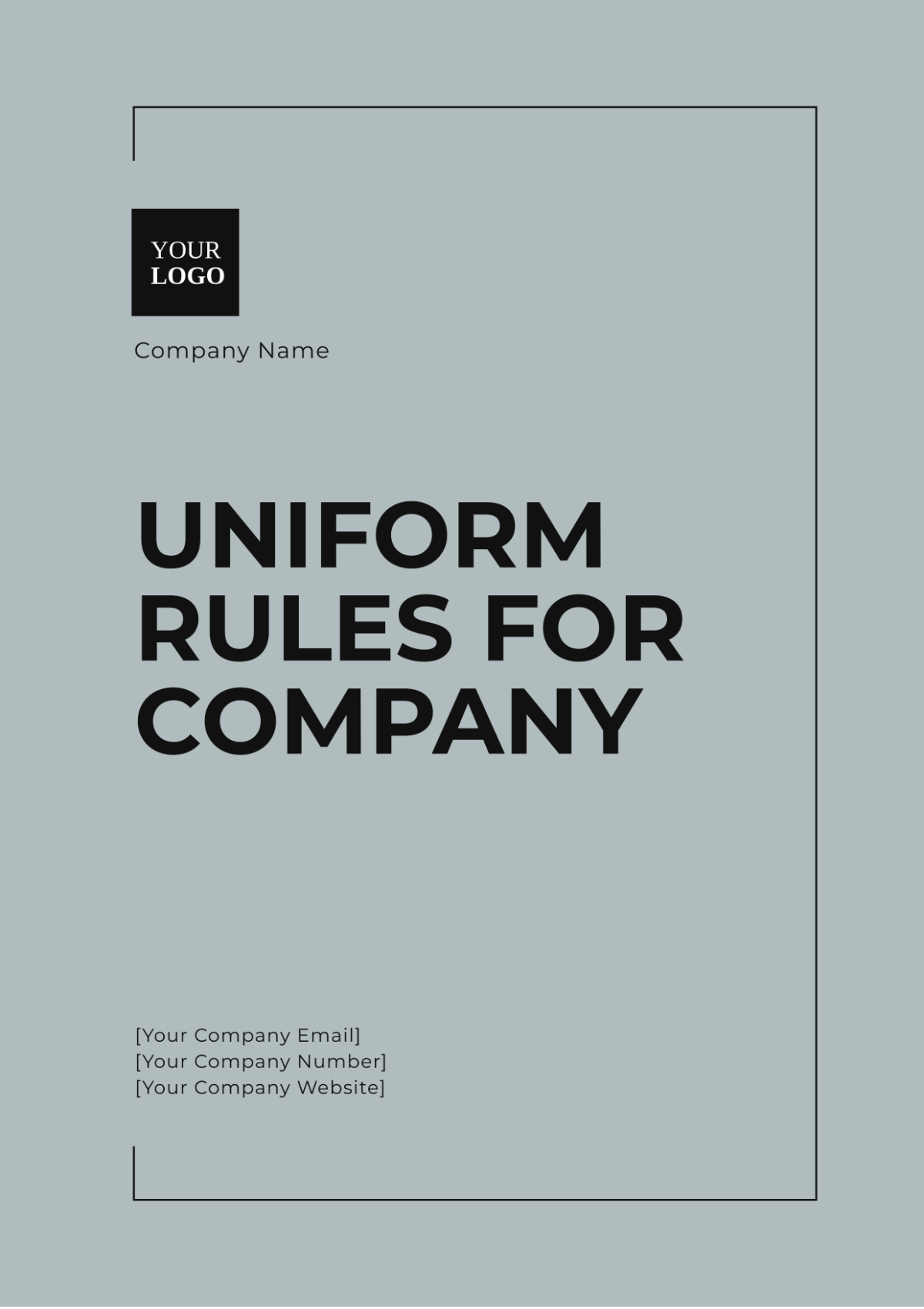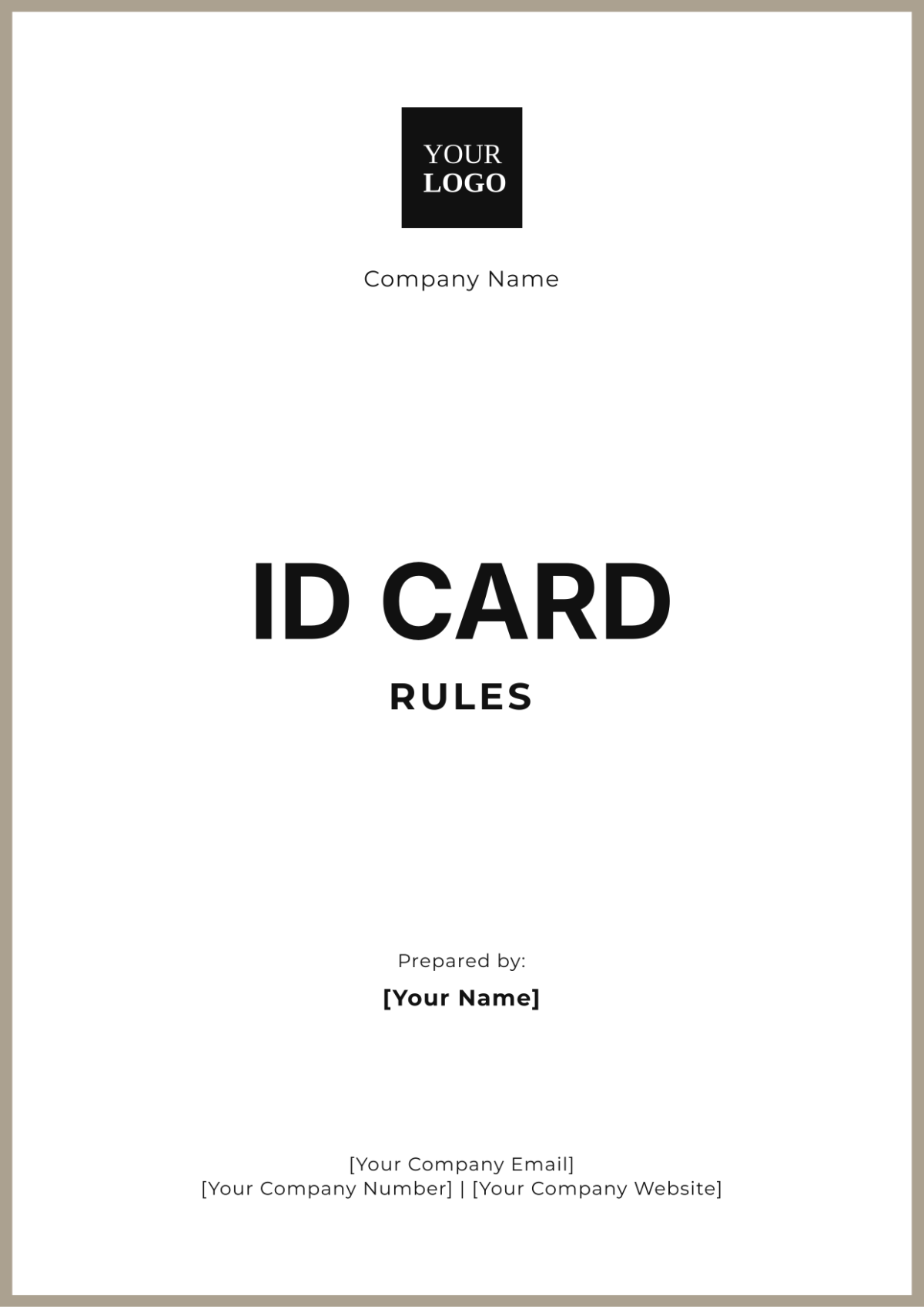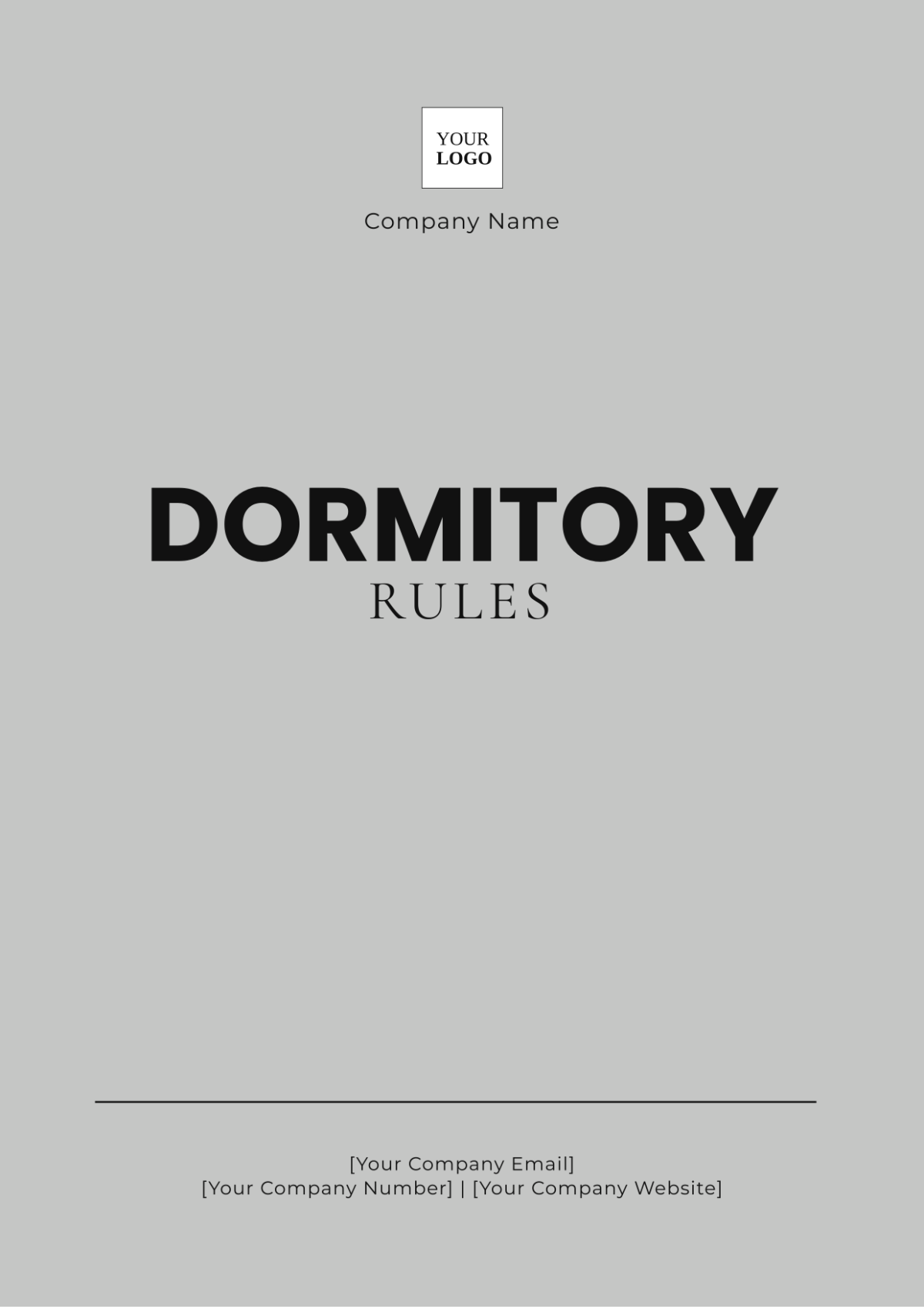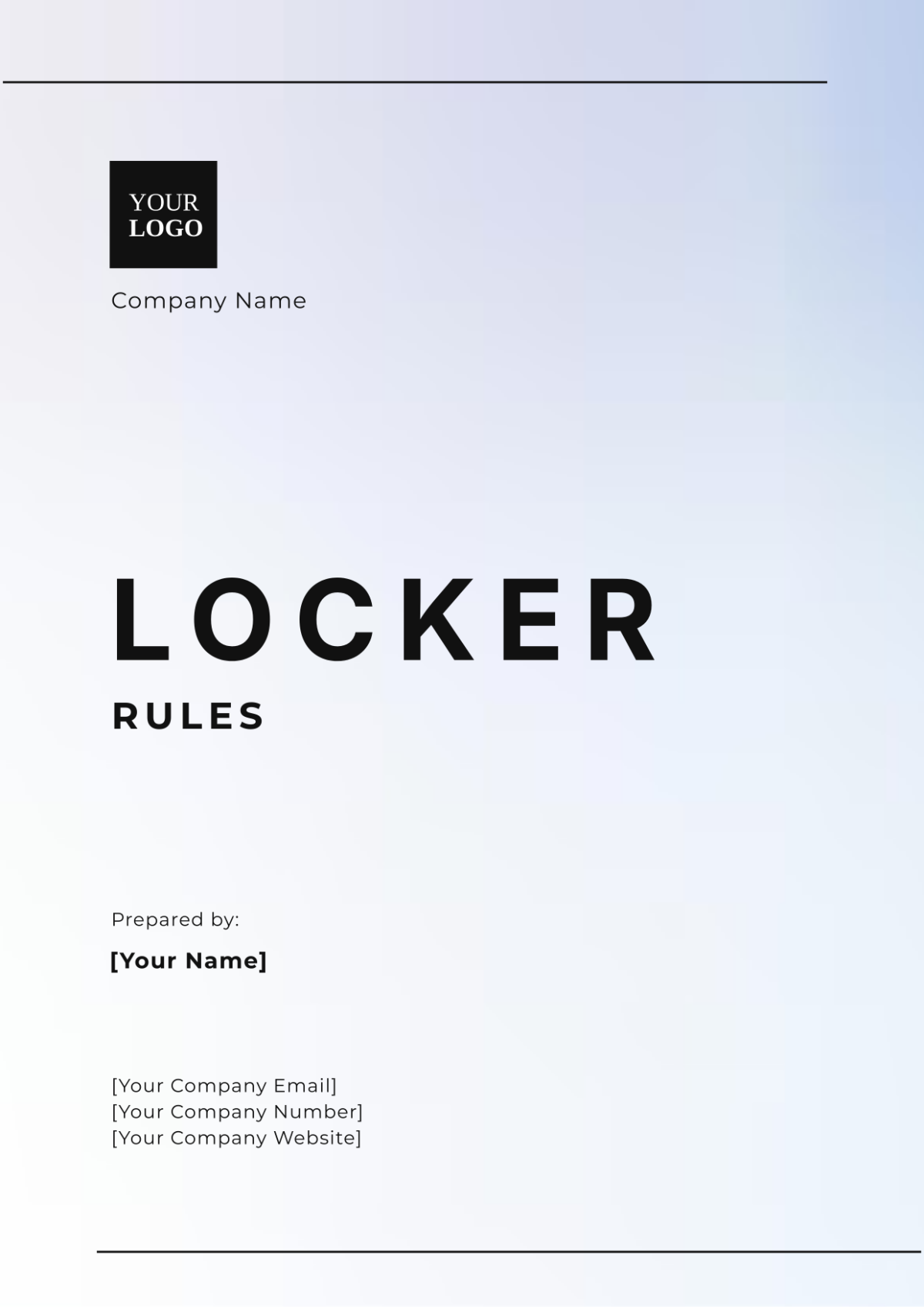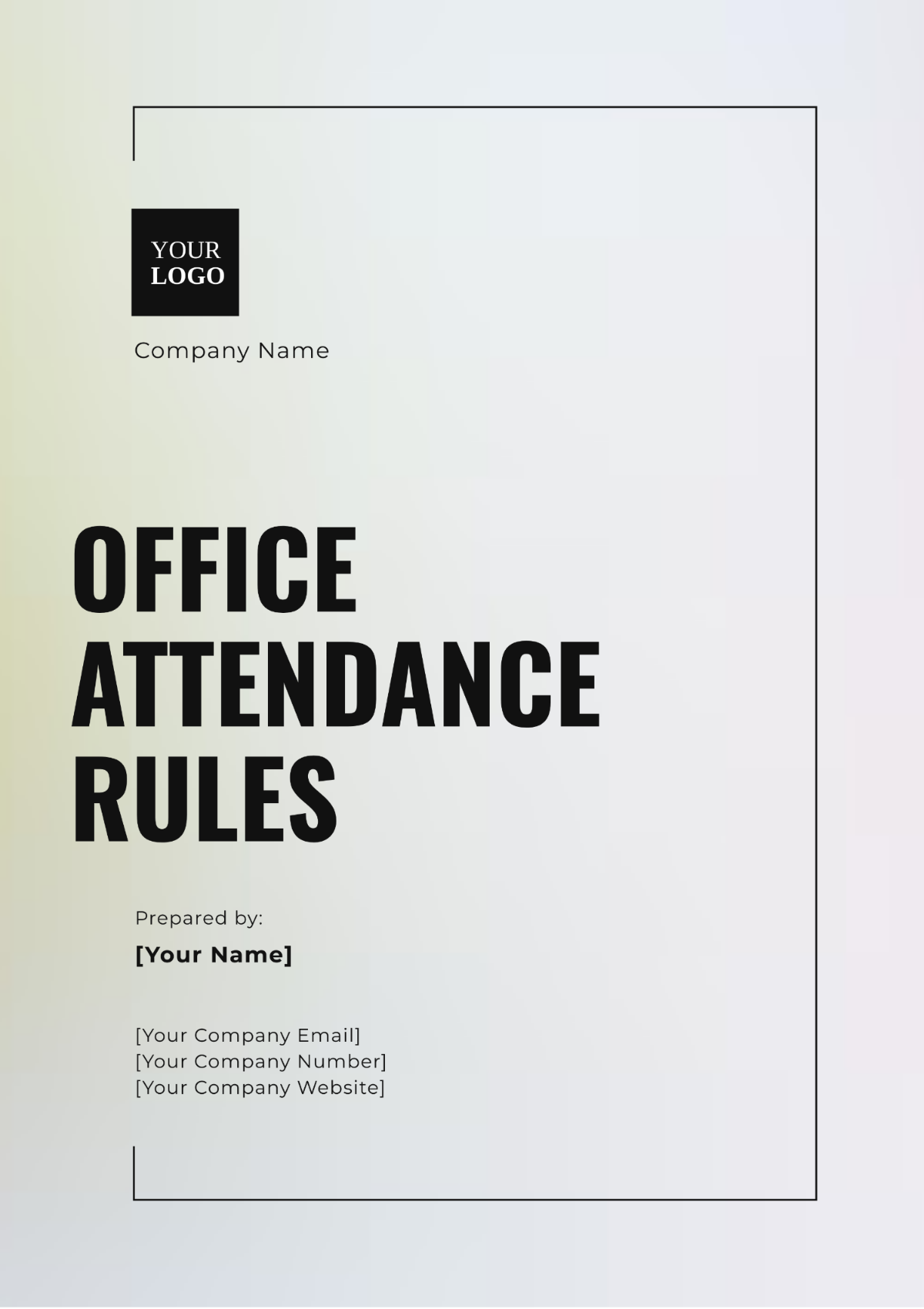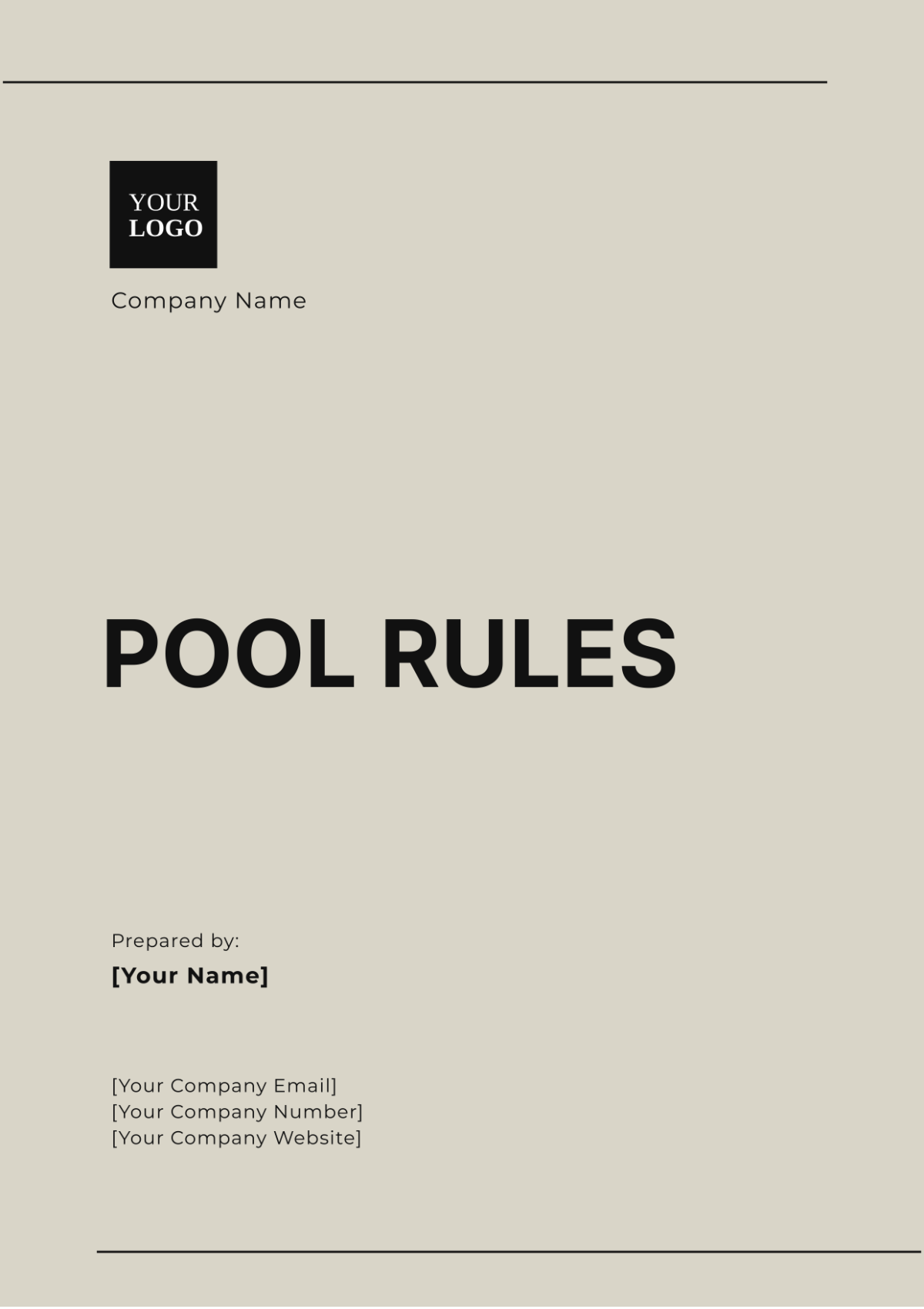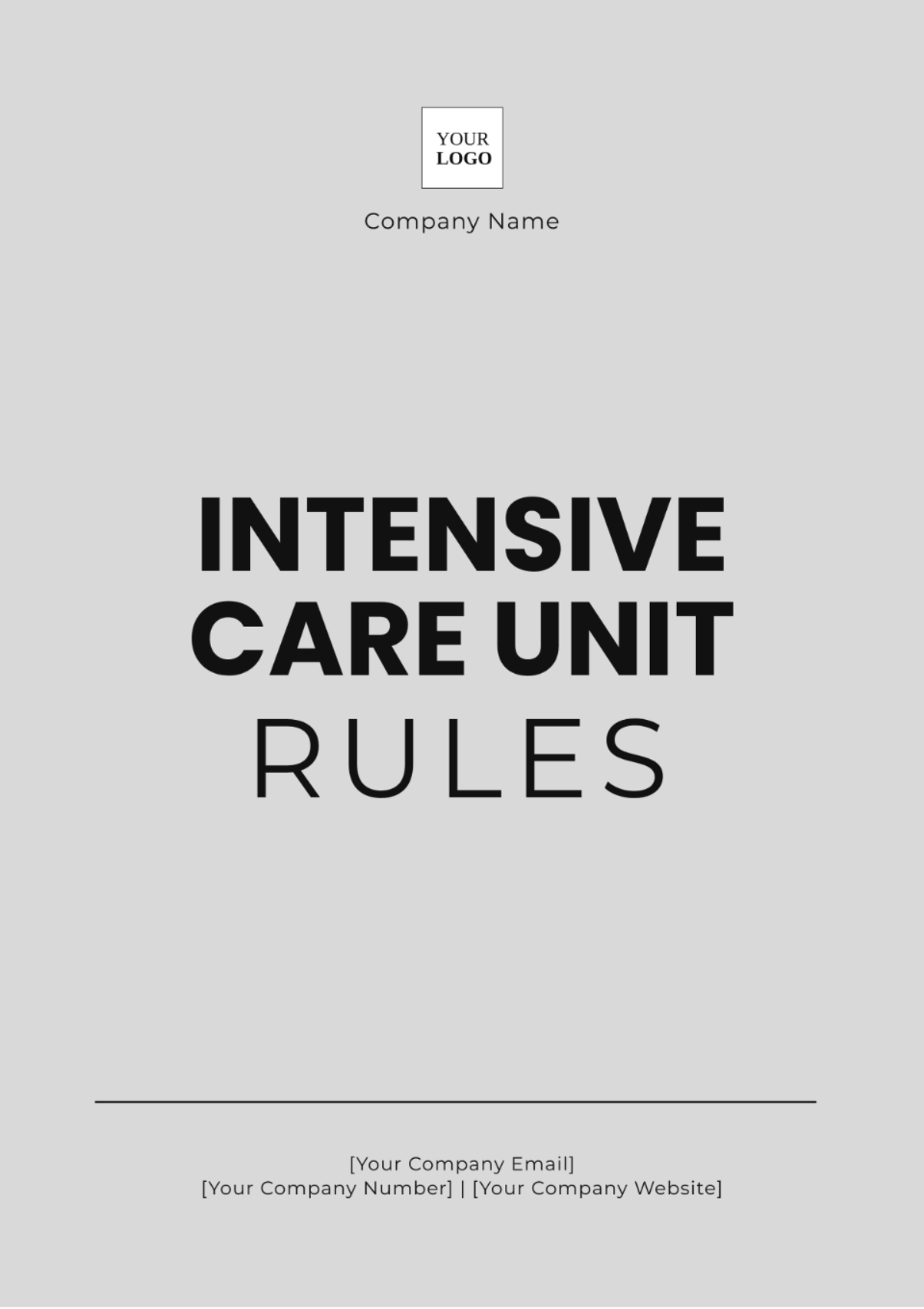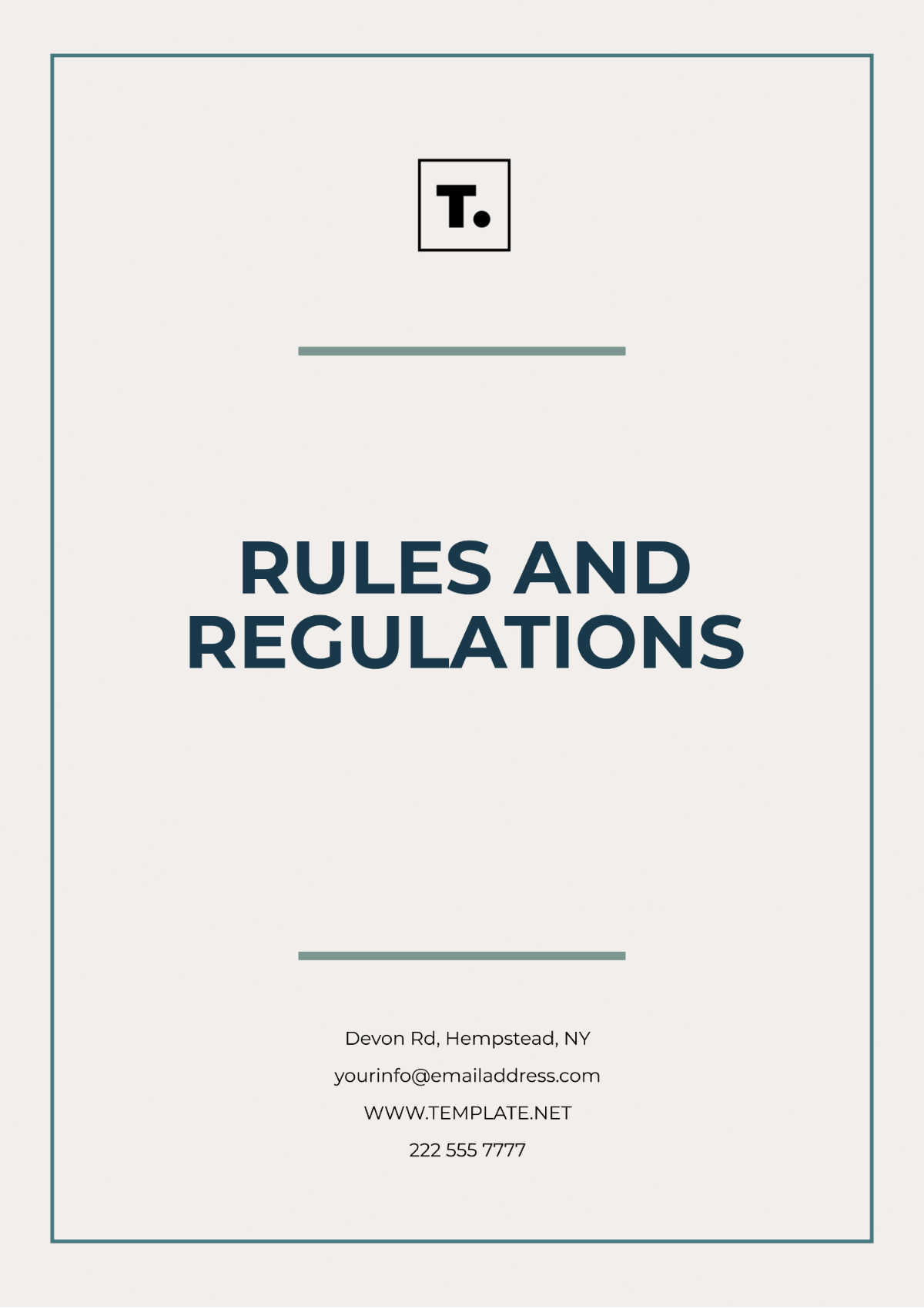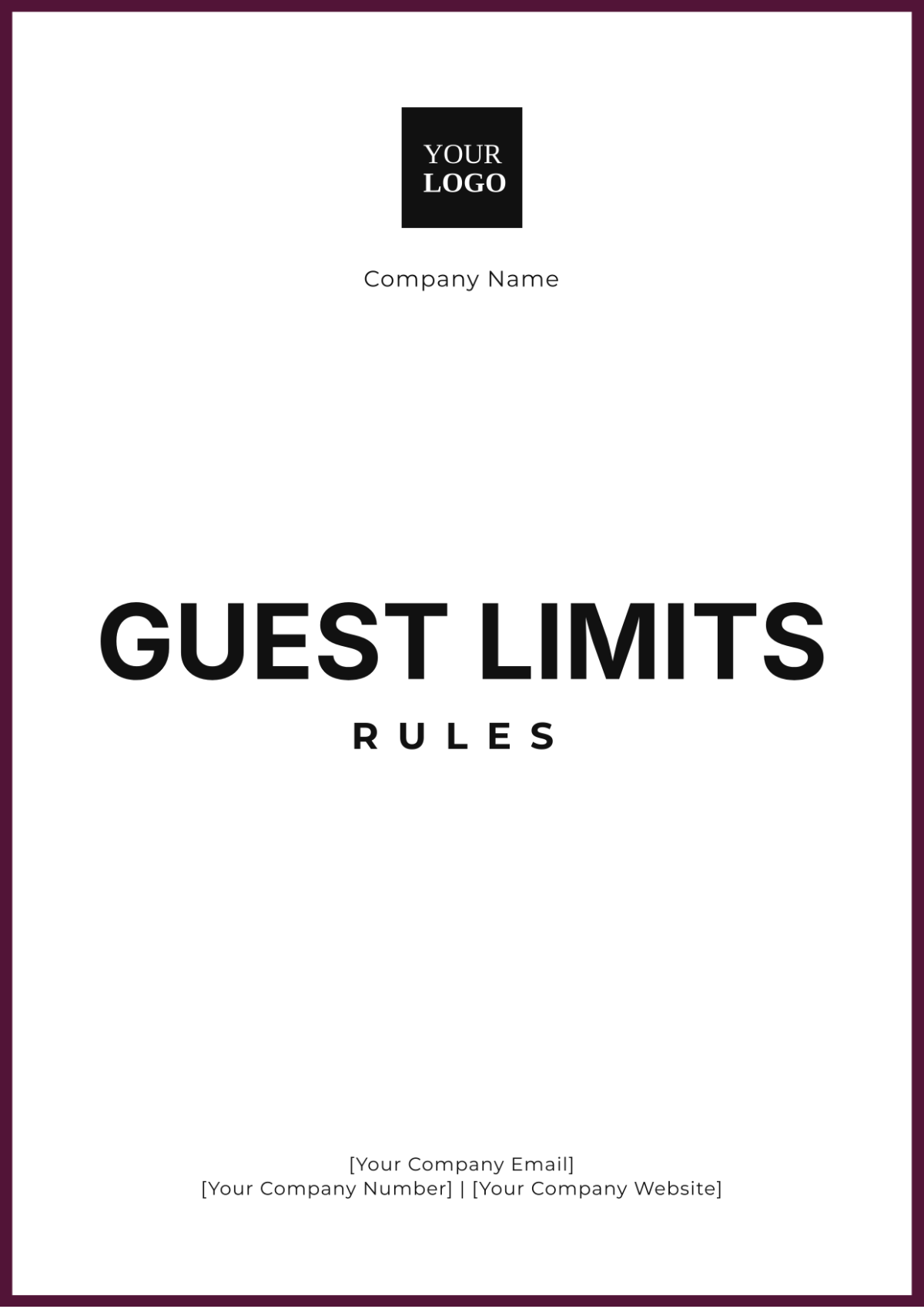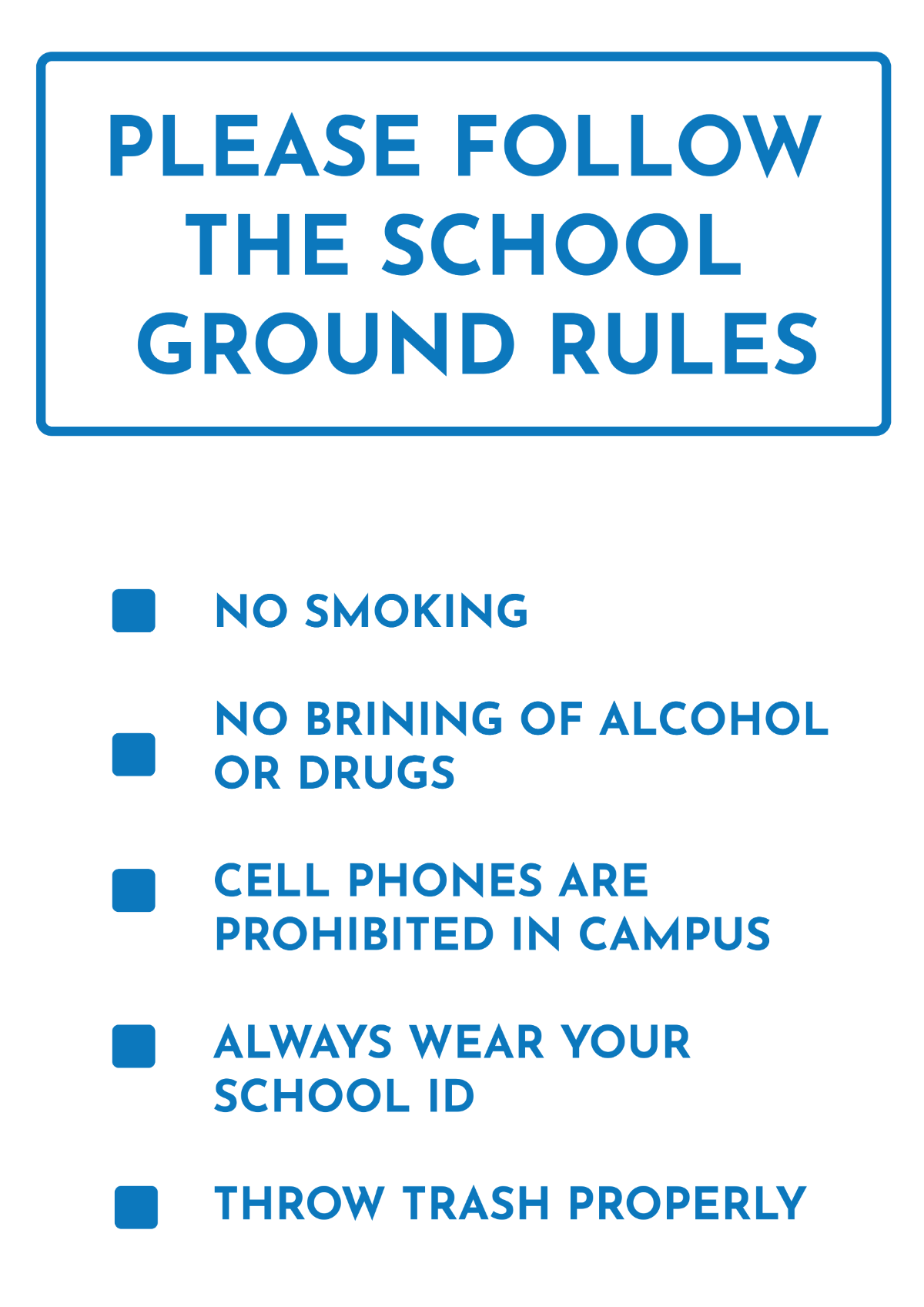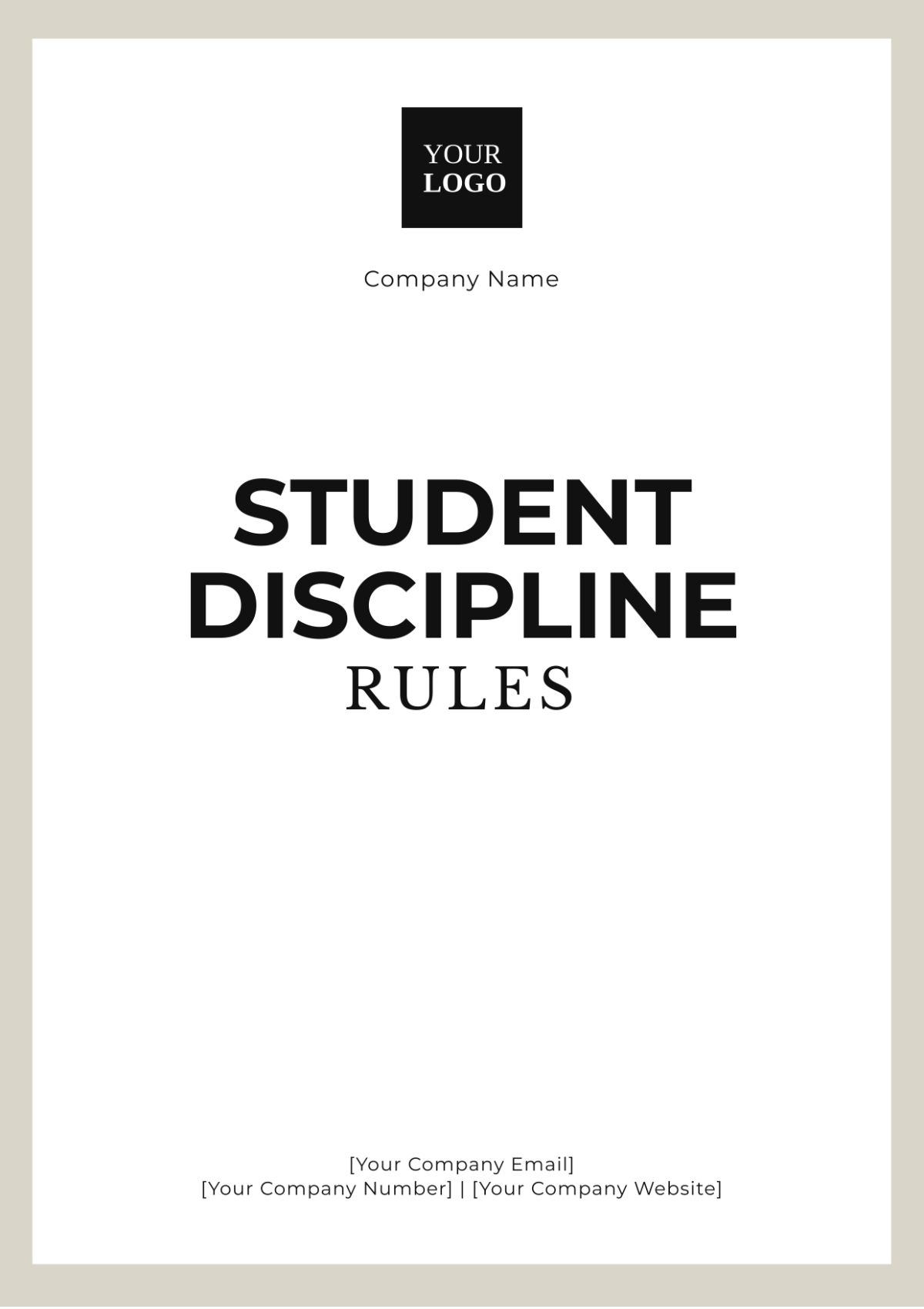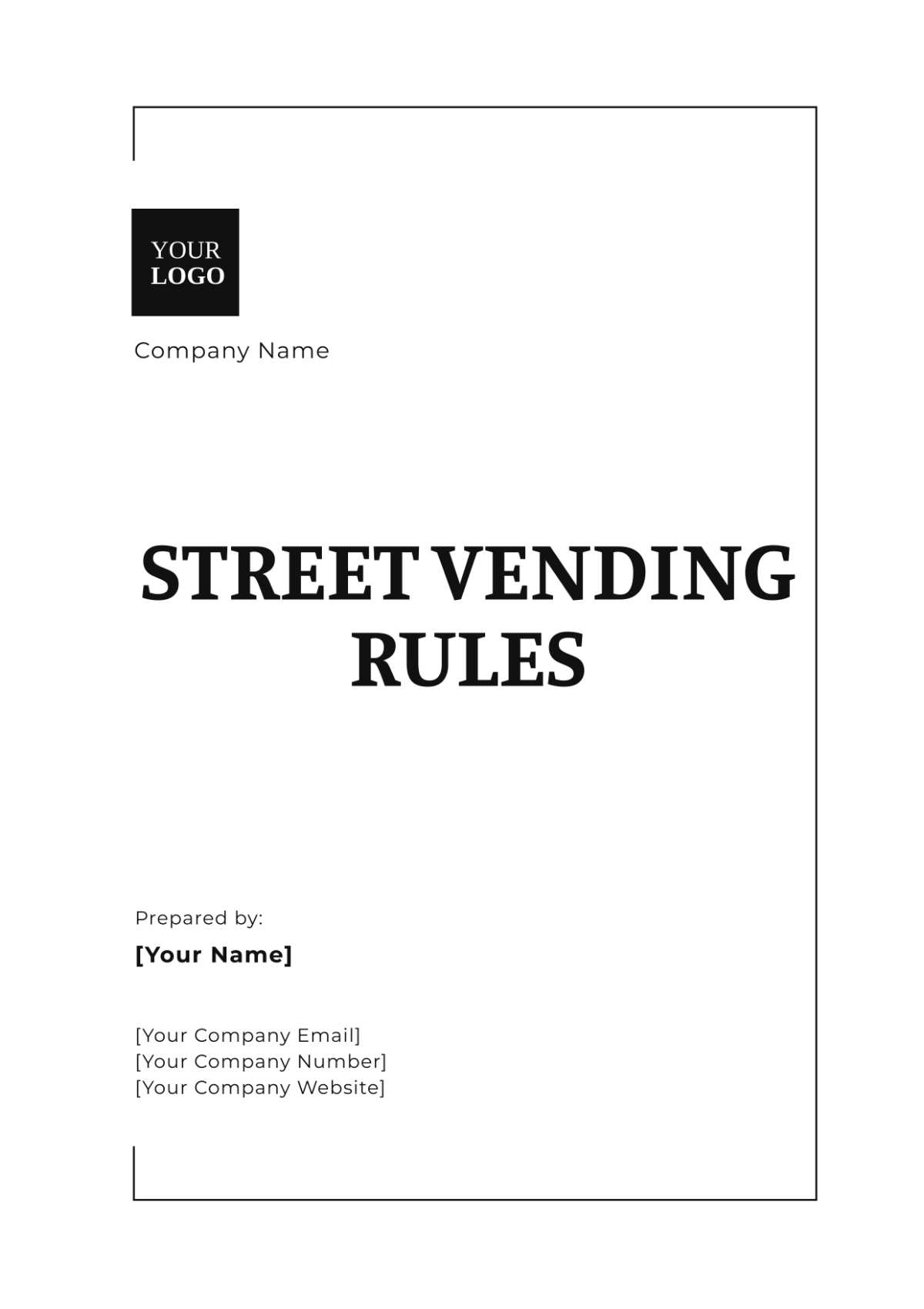Faculty Meeting Rules
1. Introduction
Welcome to [Your Company Name]. These rules are a cornerstone of successful academic institutions, providing a platform for collaboration, decision-making, and strategic planning. To maximize the benefits of these meetings, it is essential to establish clear guidelines and procedures that ensure they are conducted efficiently, respectfully, and productively. These guidelines outline the structure, expectations, and protocols necessary to facilitate meaningful discussions and achieve desired outcomes.
2. Meeting Structure
2.1 Agenda Preparation
Drafting the Agenda: Prepare a detailed agenda before the meeting. Include key discussion points, objectives, and any decisions that need to be made.
Distribution: Distribute the agenda to all participants at least 48 hours in advance to allow sufficient preparation time.
Agenda Items: Clearly outline each agenda item with allocated time slots to ensure all topics are covered.
2.2 Meeting Timing
Start and End Times: Begin and end the meeting at the scheduled times to respect participants’ time.
Time Management: Assign a timekeeper to monitor the time spent on each agenda item and ensure the meeting stays on track.
3. Conduct During Meetings
3.1 Respectful Communication
Active Listening: Encourage participants to listen actively and attentively when others are speaking.
Turn-Taking: Implement a system to ensure everyone has an opportunity to speak without interruptions.
Professional Tone: Maintain a professional and courteous tone throughout the discussion.
3.2 Participation
Inclusivity: Encourage input from all participants, ensuring that quieter members have the chance to contribute.
Relevance: Keep discussions relevant to the agenda items to avoid digressions.
3.3 Decision-Making
Consensus Building: Aim for consensus on decisions. If consensus is not possible, use a voting system to make final decisions.
Documentation: Record decisions and action items clearly, noting who is responsible for each task.
4. Post-Meeting Procedures
4.1 Minutes and Documentation
Minute-Taking: Assign a designated person to take detailed minutes of the meeting, including key points, decisions, and action items.
Distribution: Distribute the minutes to all participants within 24 hours of the meeting to ensure accuracy and accountability.
Archiving: Archive meeting minutes and related documents for future reference.
4.2 Follow-Up
Action Items: Follow up on action items as per the agreed deadlines. Ensure that responsible individuals are reminded of their tasks.
Feedback: Collect feedback on the meeting process to identify areas for improvement.
5. Meeting Etiquette
5.1 Preparation
Pre-Meeting Preparation: Participants should review the agenda and related materials before the meeting.
Timeliness: Arrive on time and be prepared to contribute to discussions.
5.2 Respectful Behavior
Cell Phones: Silence or turn off cell phones to avoid disruptions.
Distractions: Avoid engaging in side conversations or multitasking during the meeting.
6. Conflict Resolution
6.1 Handling Disagreements
Respectful Dialogue: Address disagreements calmly and respectfully, focusing on the issue rather than personal differences.
Mediation: If necessary, involve a neutral party to mediate and facilitate resolution.
6.2 Problem-Solving
Solution-Oriented: Focus on finding practical solutions rather than assigning blame.
Consensus and Compromise: Strive for solutions that accommodate the needs and concerns of all parties involved.
7. Continuous Improvement
7.1 Evaluation of Meeting Effectiveness
Feedback Collection: Regularly solicit feedback from participants regarding the effectiveness of meetings. Use surveys or direct conversations to gather insights on what is working well and what needs improvement.
Reviewing Meeting Outcomes: Assess whether the goals and objectives of each meeting are being met. Analyze the outcomes to identify any patterns or recurring issues.
7.2 Implementing Changes
Action Plan Development: Based on feedback and review outcomes, develop an action plan to address areas for improvement. This may include changes in meeting structure, communication practices, or time management.
Trial and Adjustment: Implement proposed changes on a trial basis. Monitor the impact of these changes and make further adjustments as needed.
7.3 Training and Development
Skill Development: Provide training for faculty and staff on effective meeting practices, communication skills, and conflict resolution. This helps ensure that everyone is equipped to contribute positively to meetings.
Best Practices Sharing: Encourage the sharing of best practices among faculty members. This can include informal discussions, workshops, or written guidelines.
7.4 Technology and Tools
Leveraging Technology: Utilize technology tools to enhance meeting efficiency. This includes meeting scheduling software, collaboration platforms, and tools for virtual meetings.
Continuous Evaluation: Regularly evaluate the effectiveness of technology tools and make updates or changes to improve functionality and user experience.
7.5 Monitoring Progress
Performance Metrics: Establish metrics to measure the effectiveness of meetings over time. This can include metrics such as participant satisfaction, adherence to the agenda, and achievement of meeting goals.
Regular Reviews: Conduct periodic reviews of meeting practices and effectiveness. Use these reviews to make informed decisions about further improvements.
8. Conclusion
Effective faculty meetings are crucial for fostering collaboration and achieving academic goals. By implementing structured guidelines and procedures, institutions can ensure that meetings are conducted efficiently, respectfully, and productively. Key practices include thorough agenda preparation, maintaining respectful communication, managing time effectively, and ensuring follow-up on action items. Adhering to these principles helps create a productive meeting environment, minimizes conflicts, and supports the successful advancement of academic objectives. Continual evaluation and improvement of meeting practices contribute to ongoing effectiveness and satisfaction among participants.

